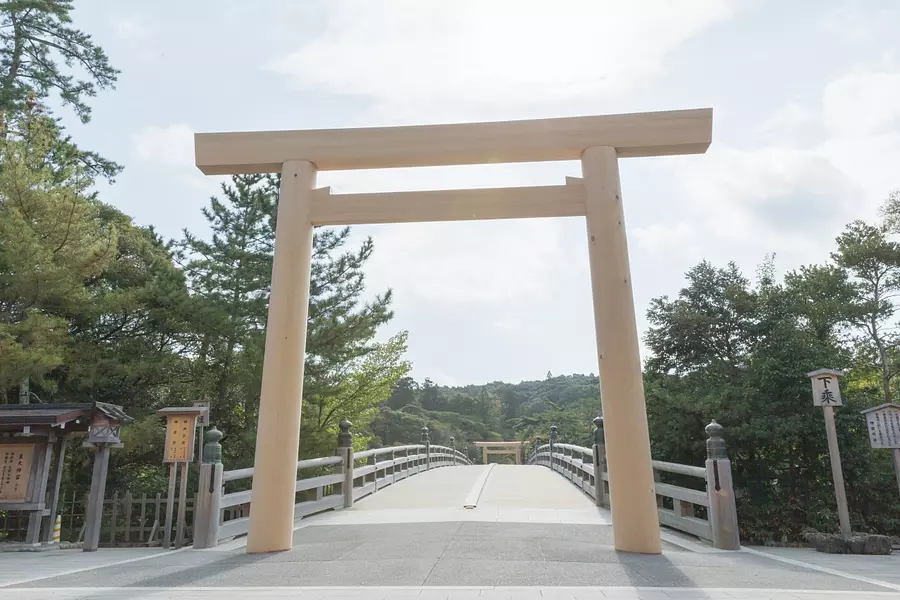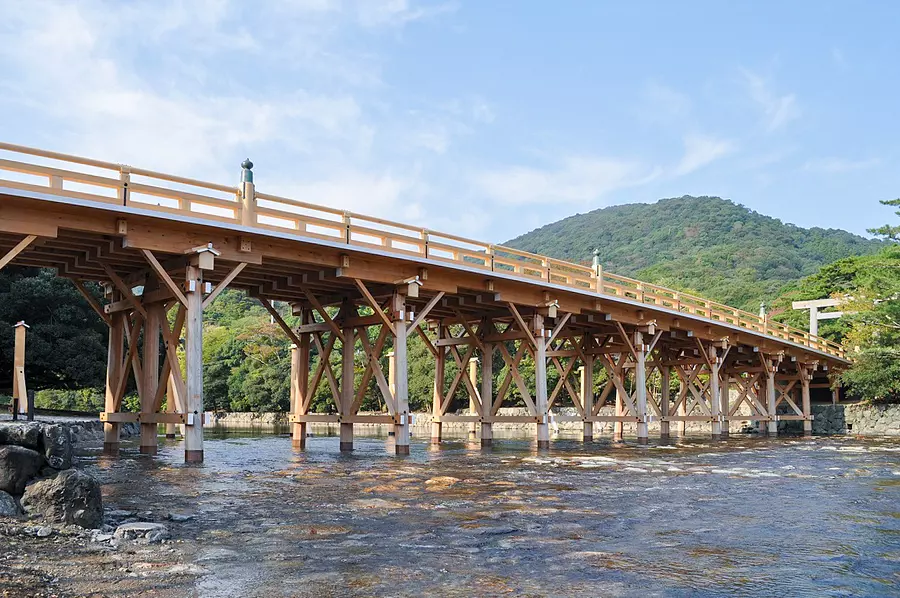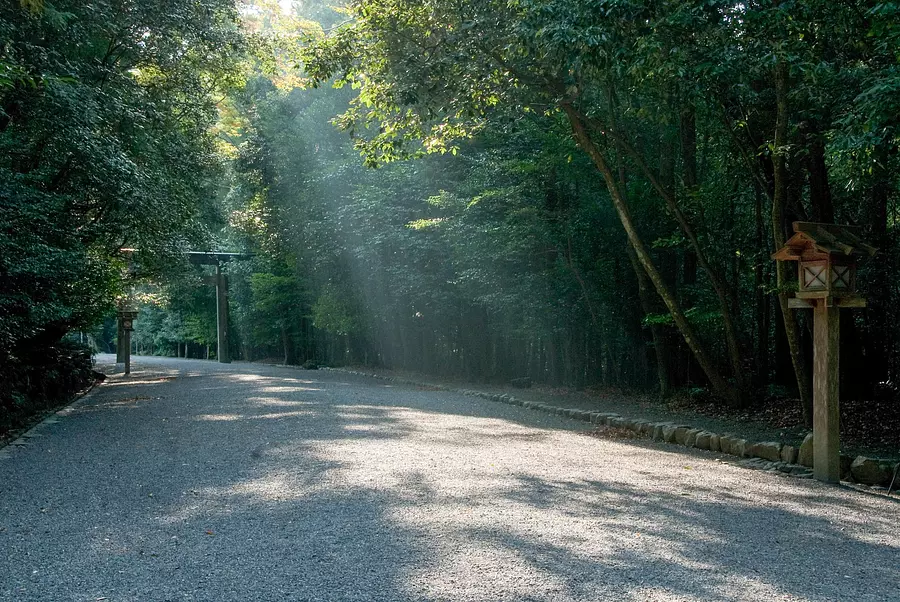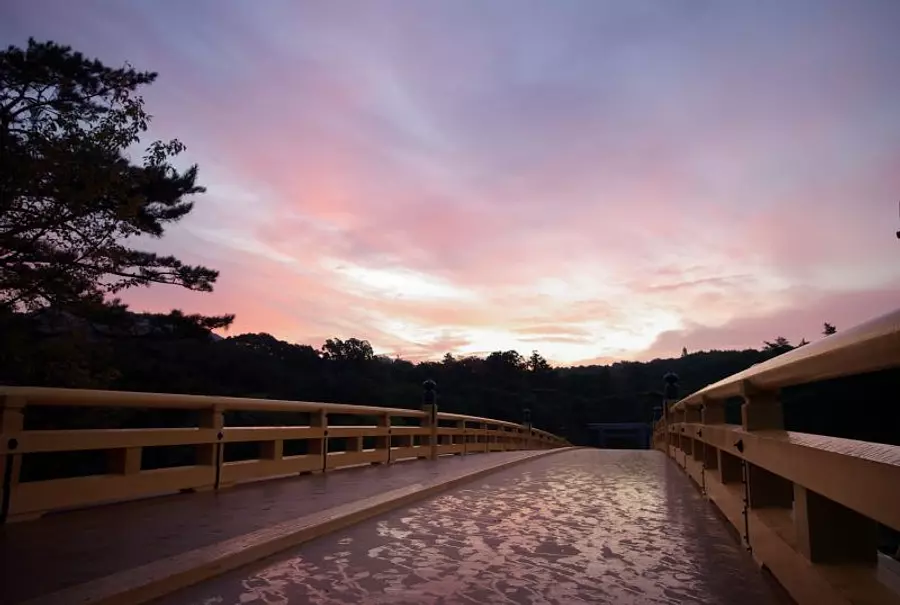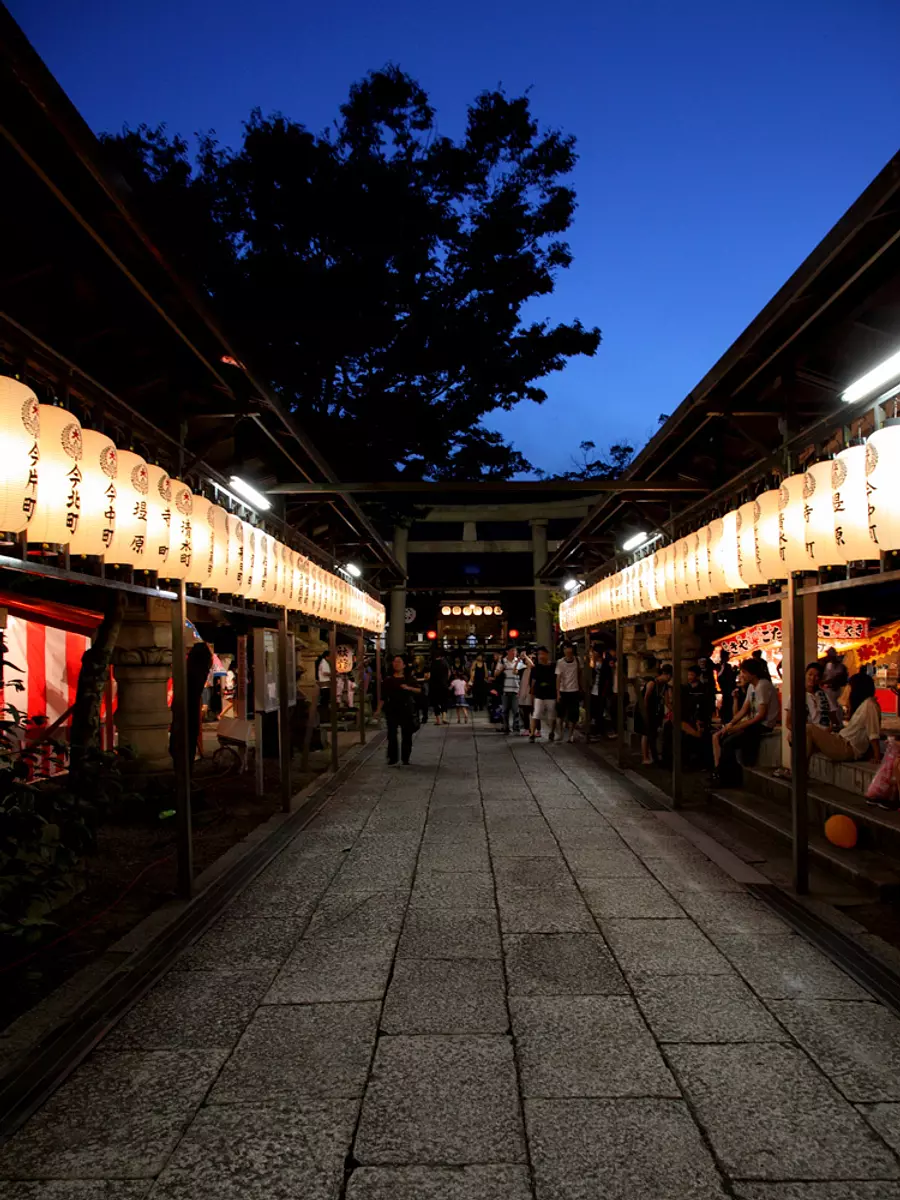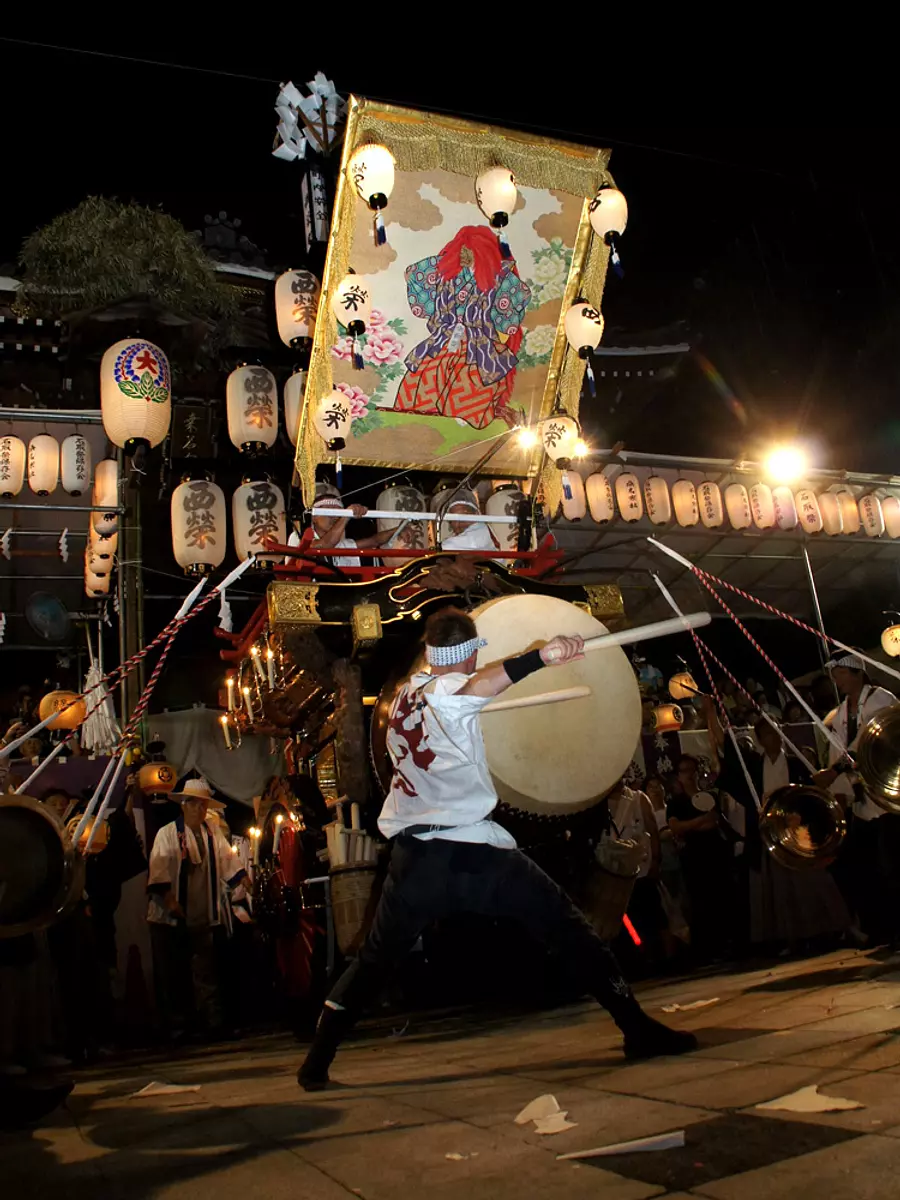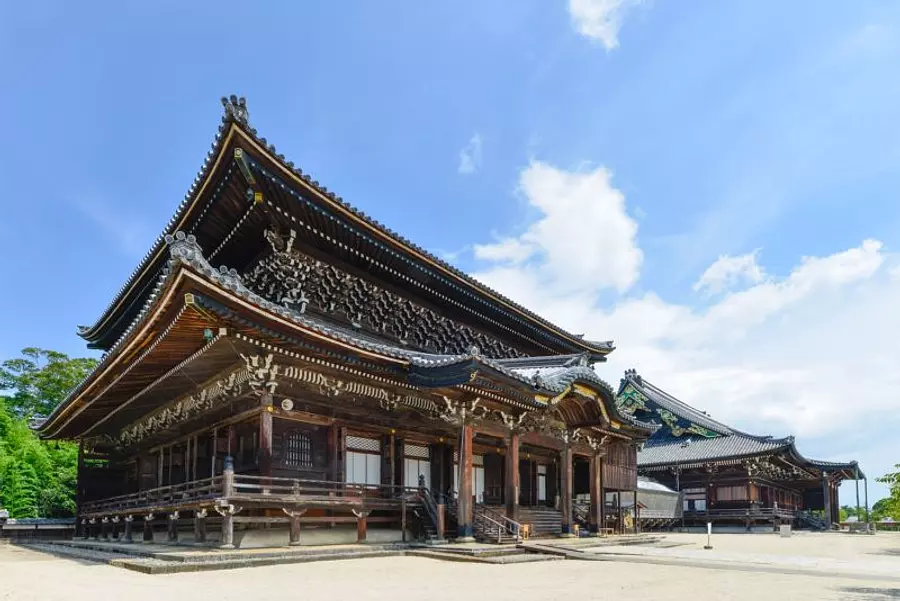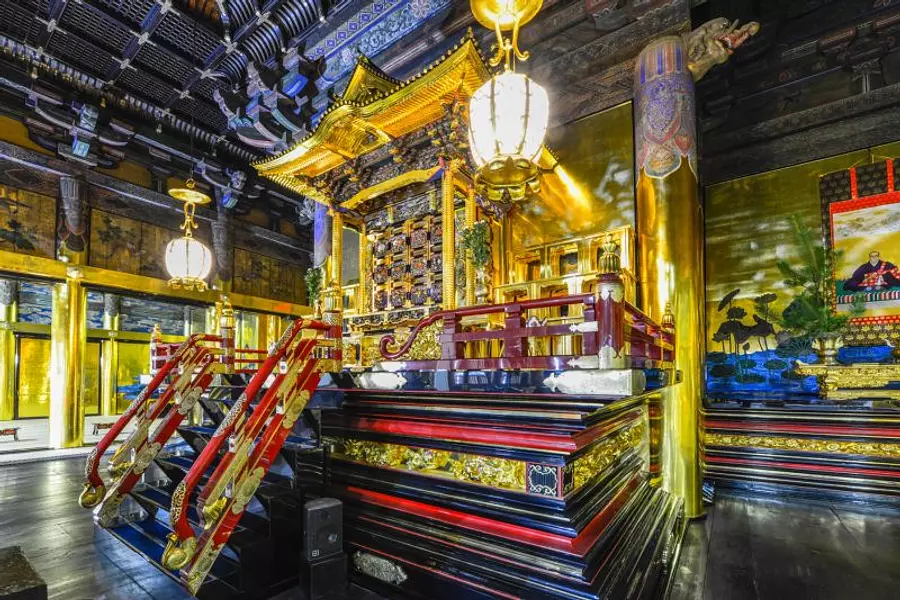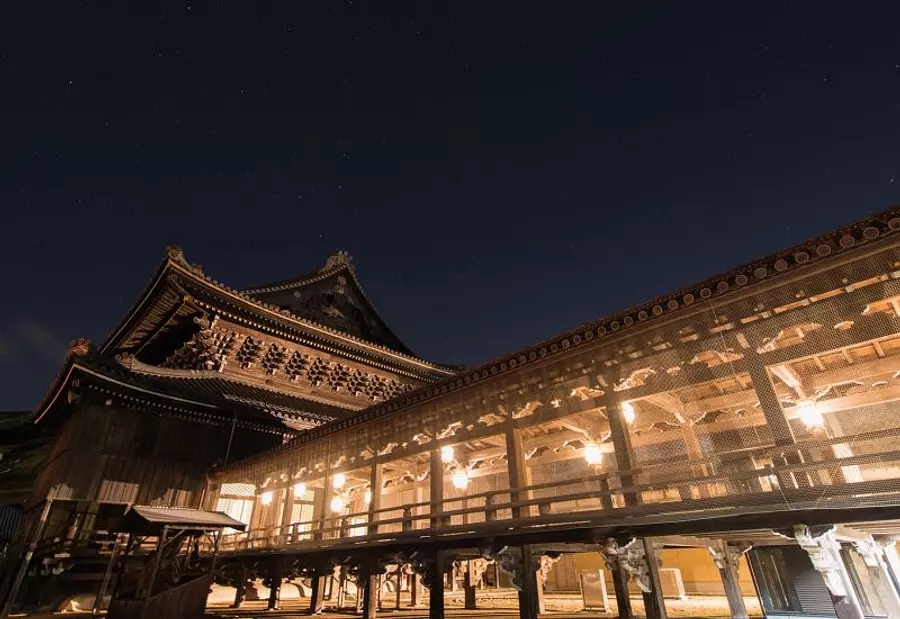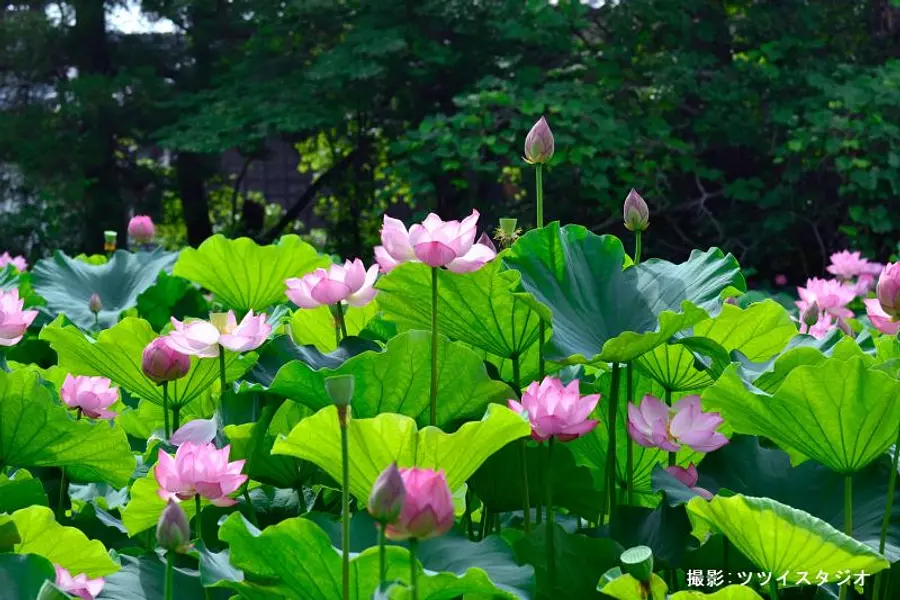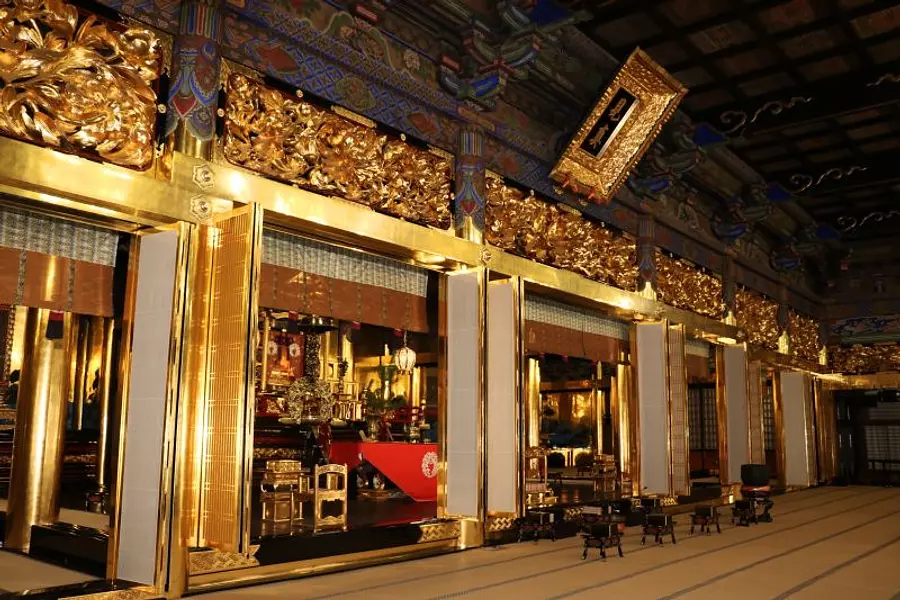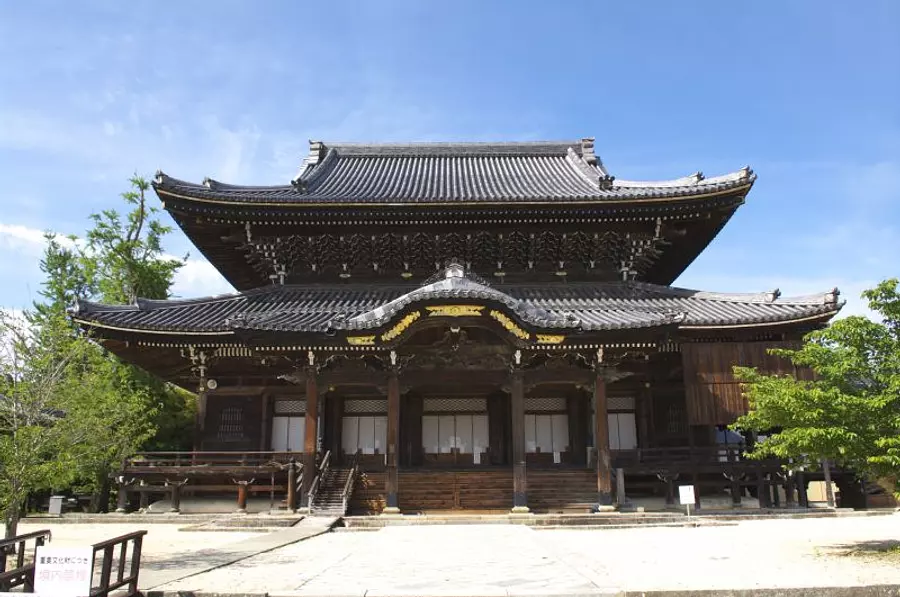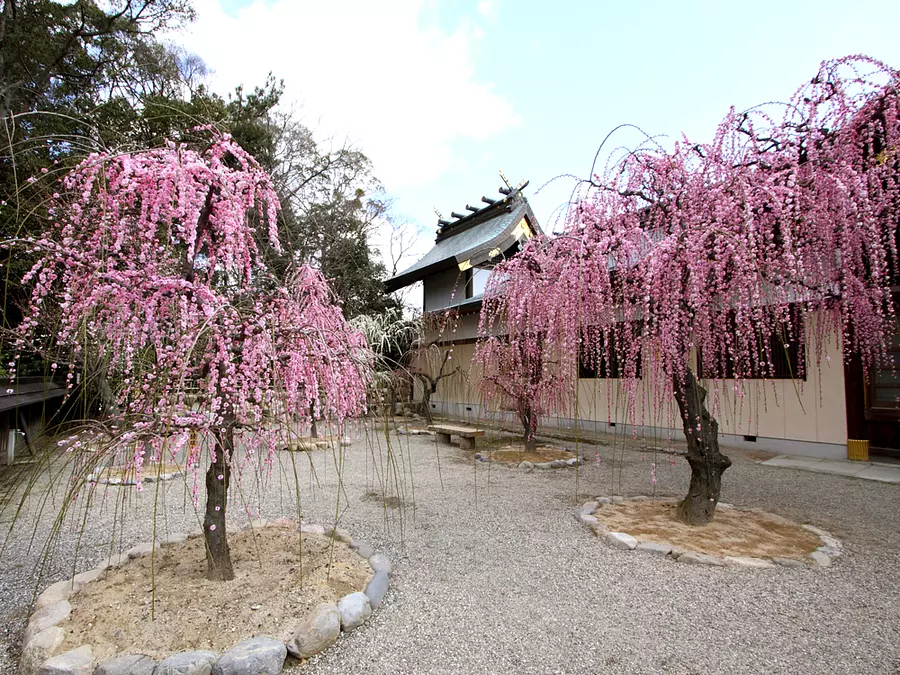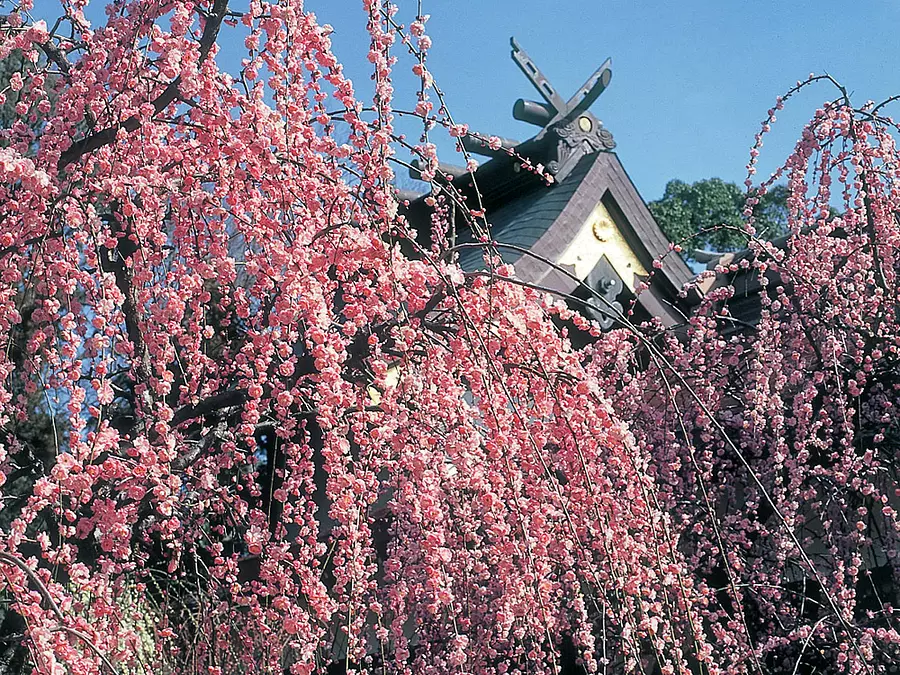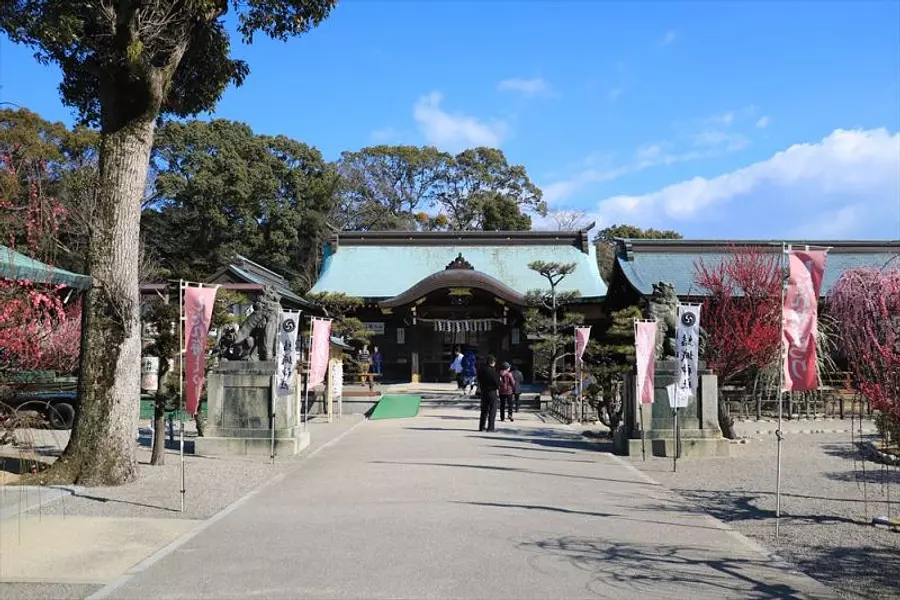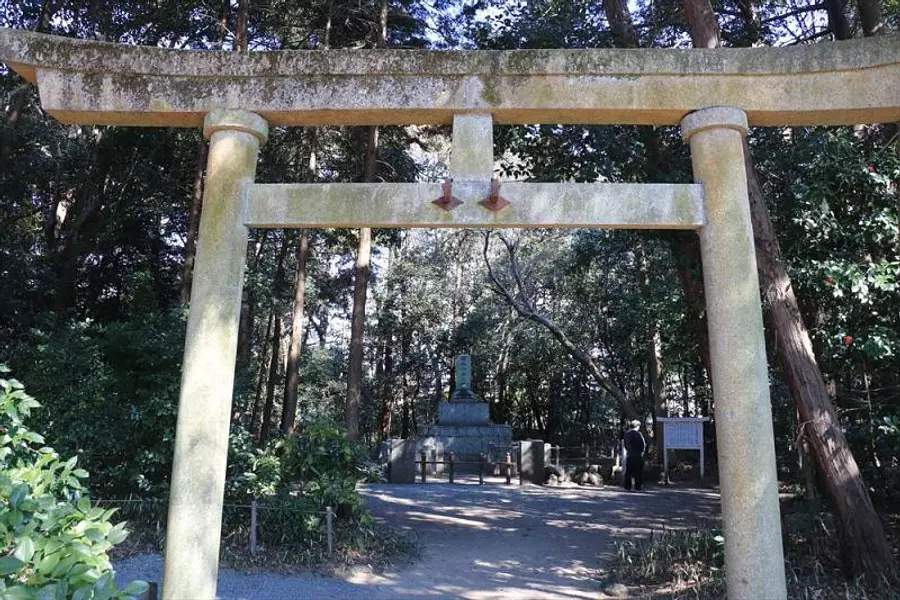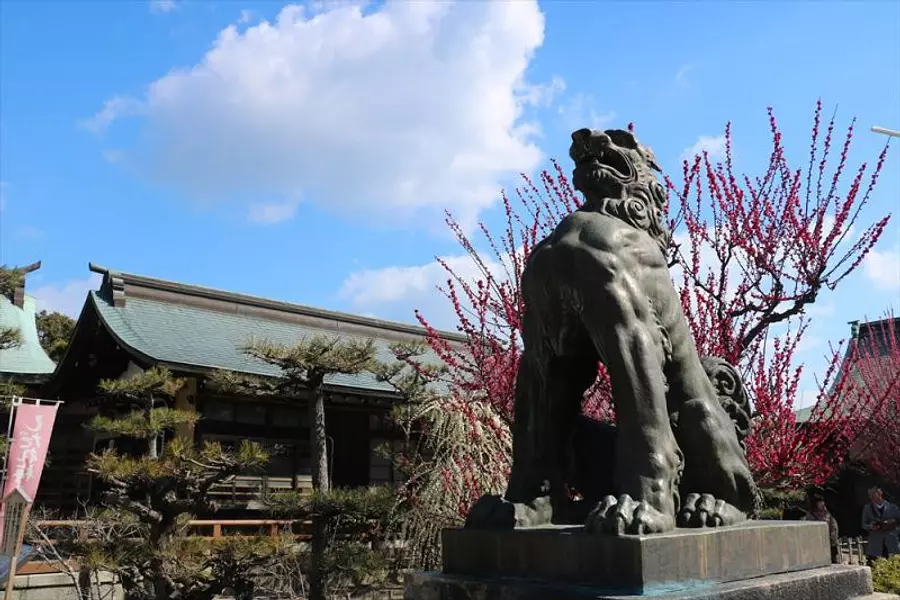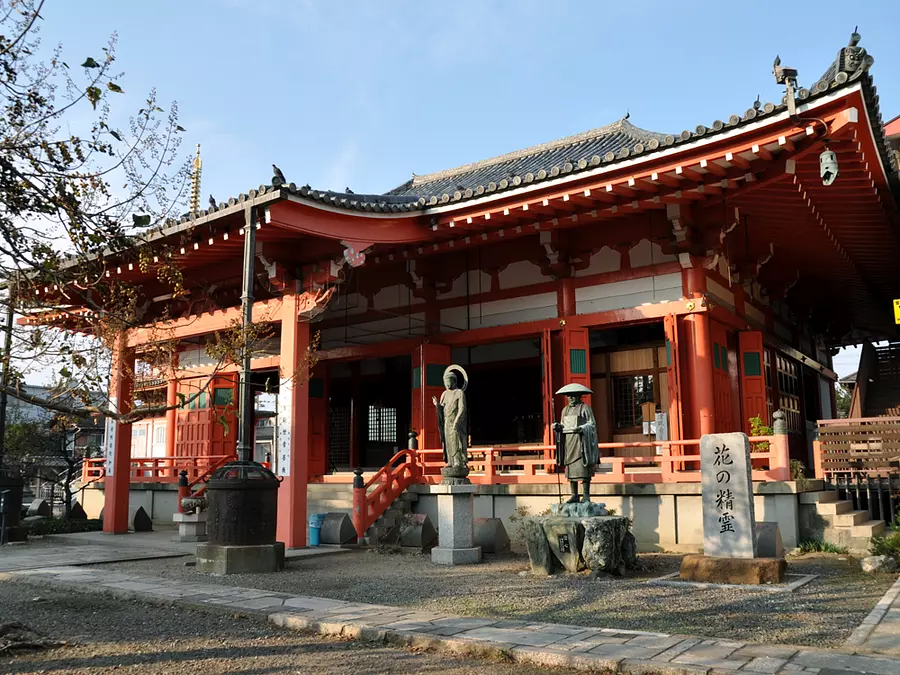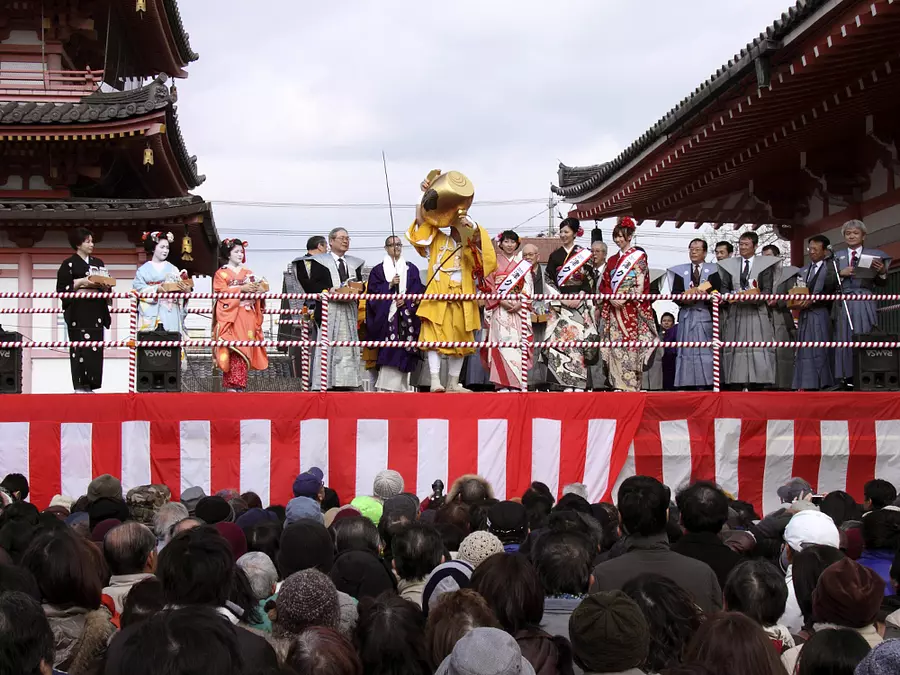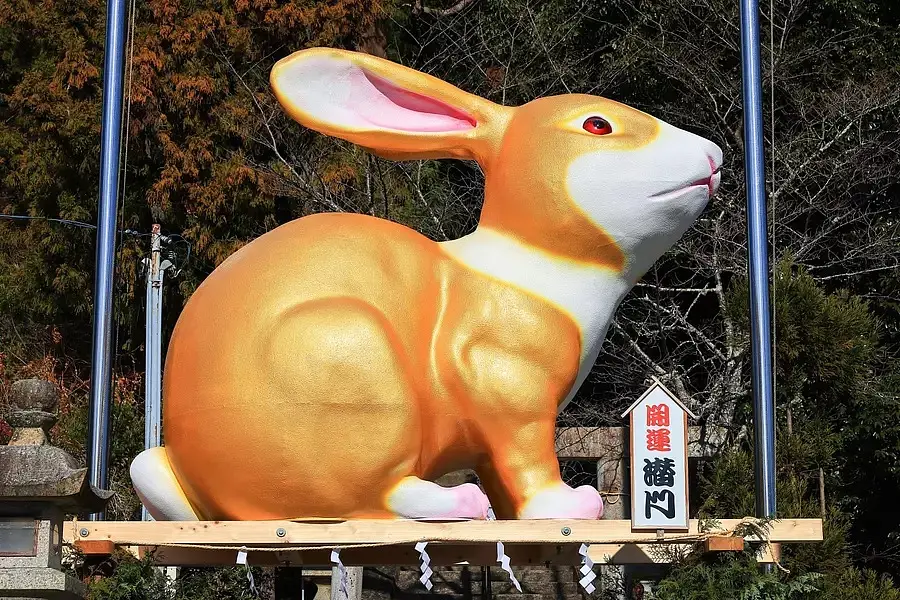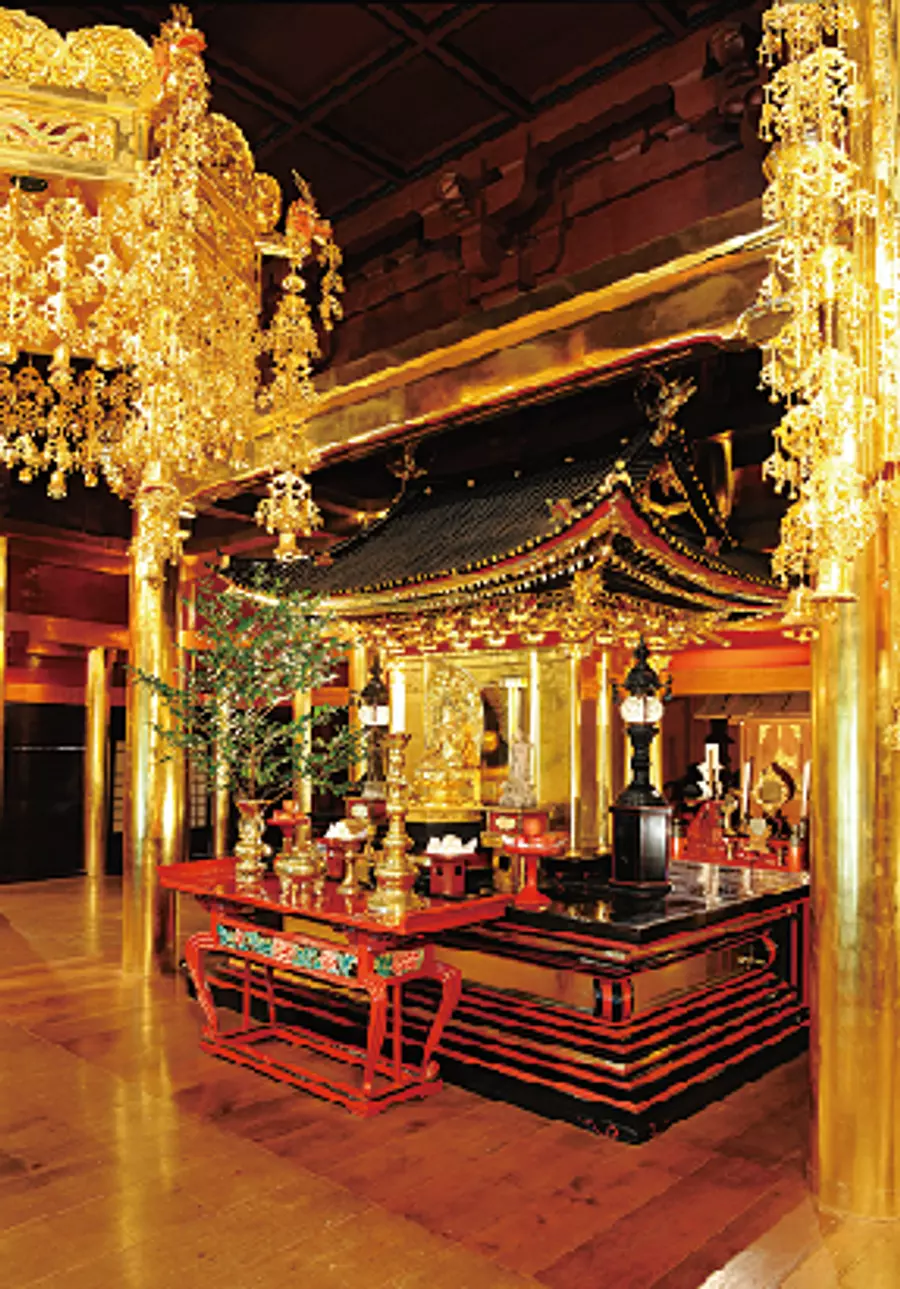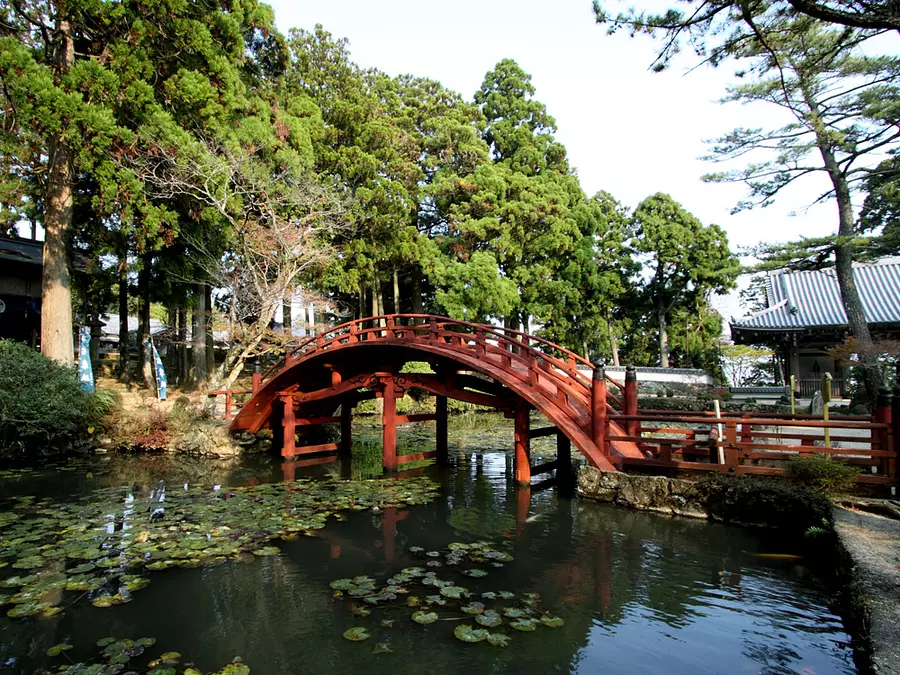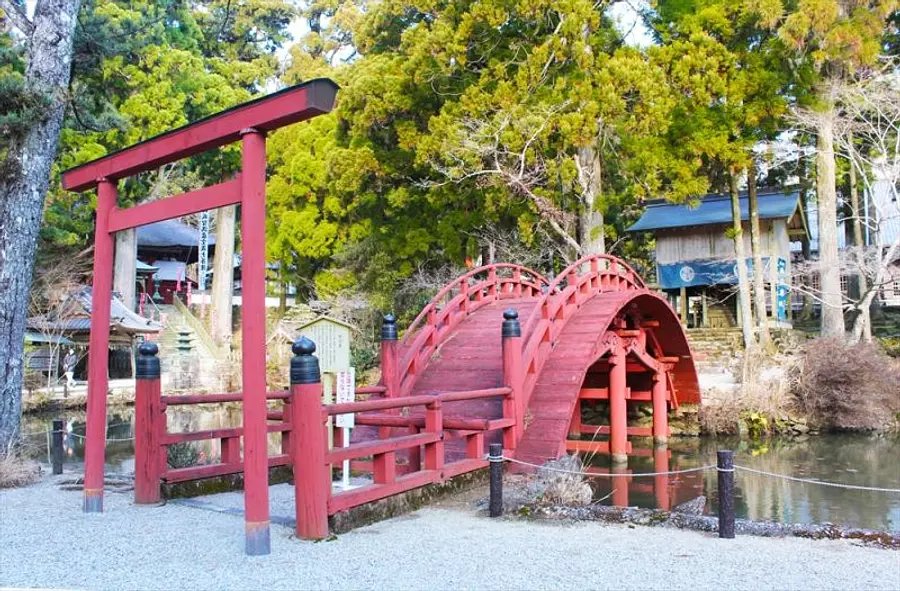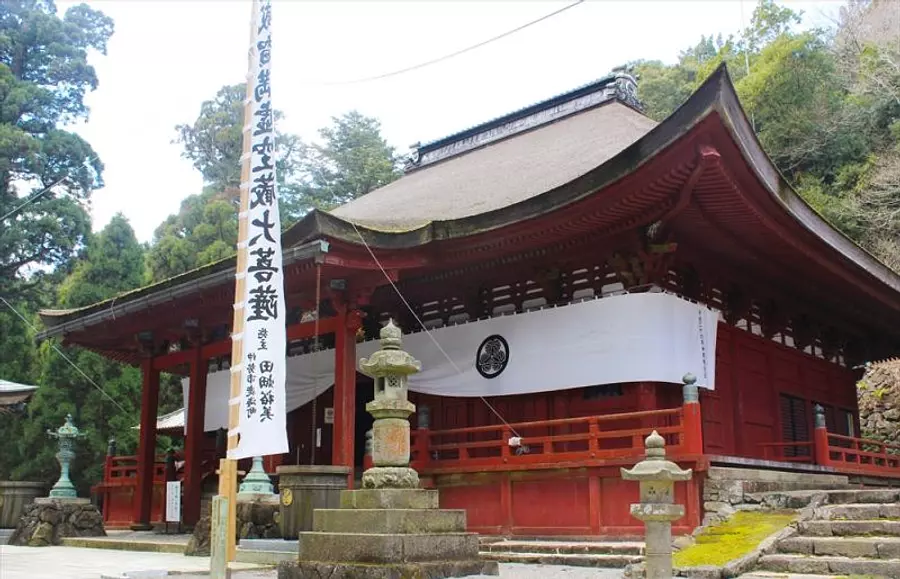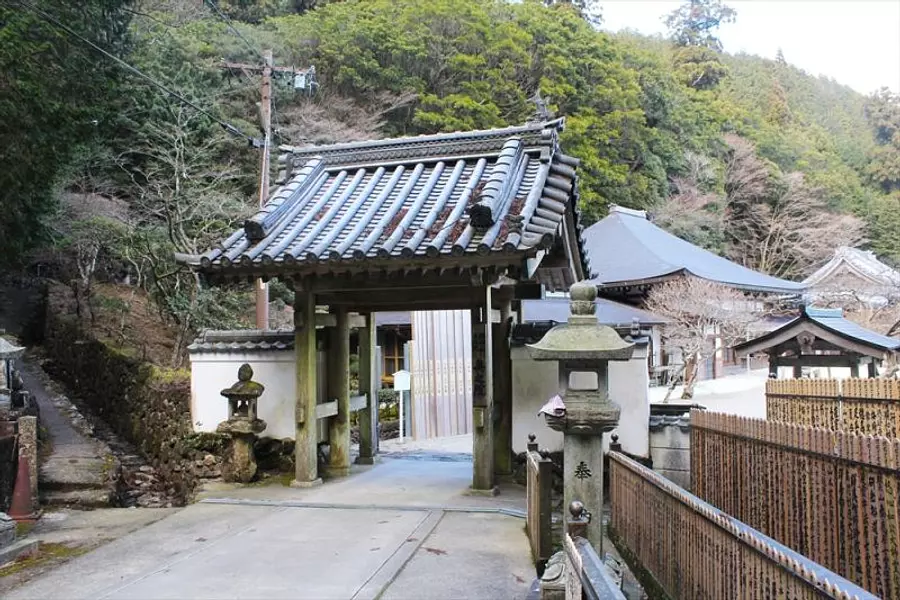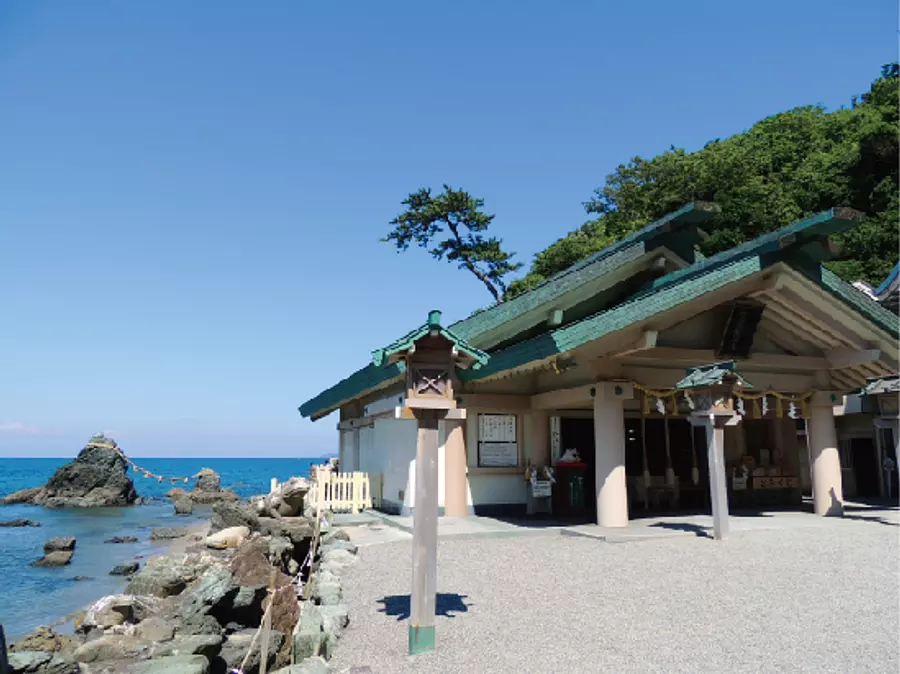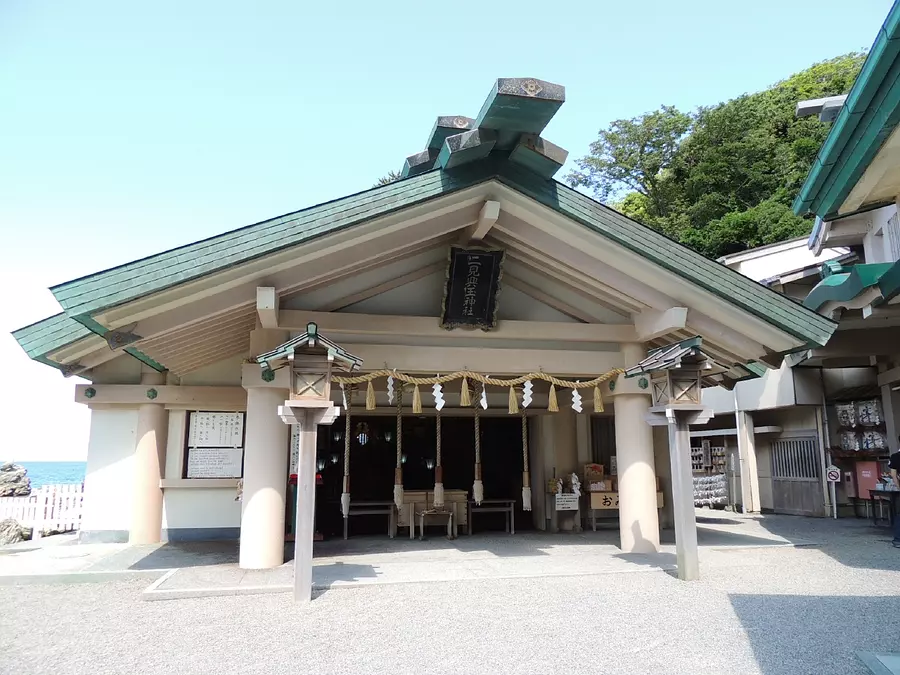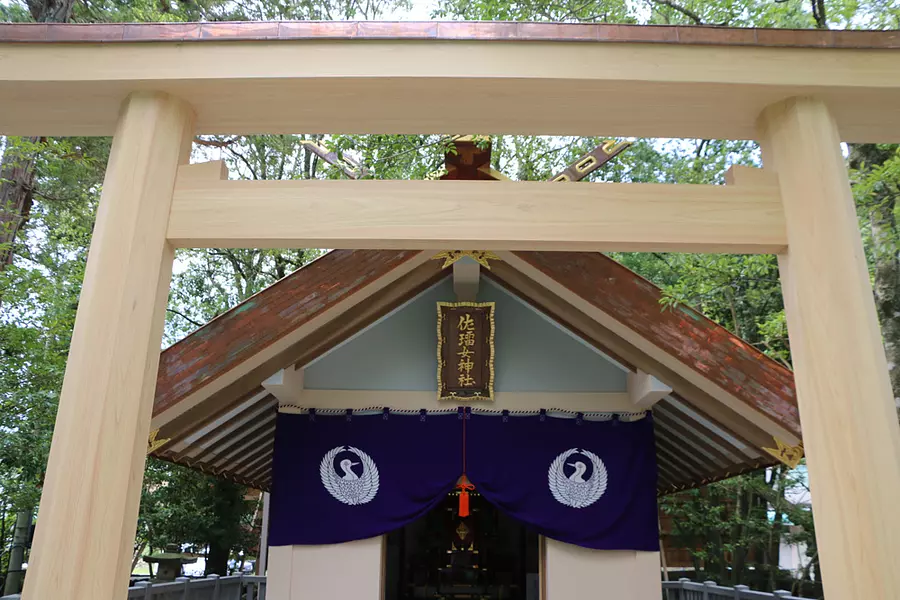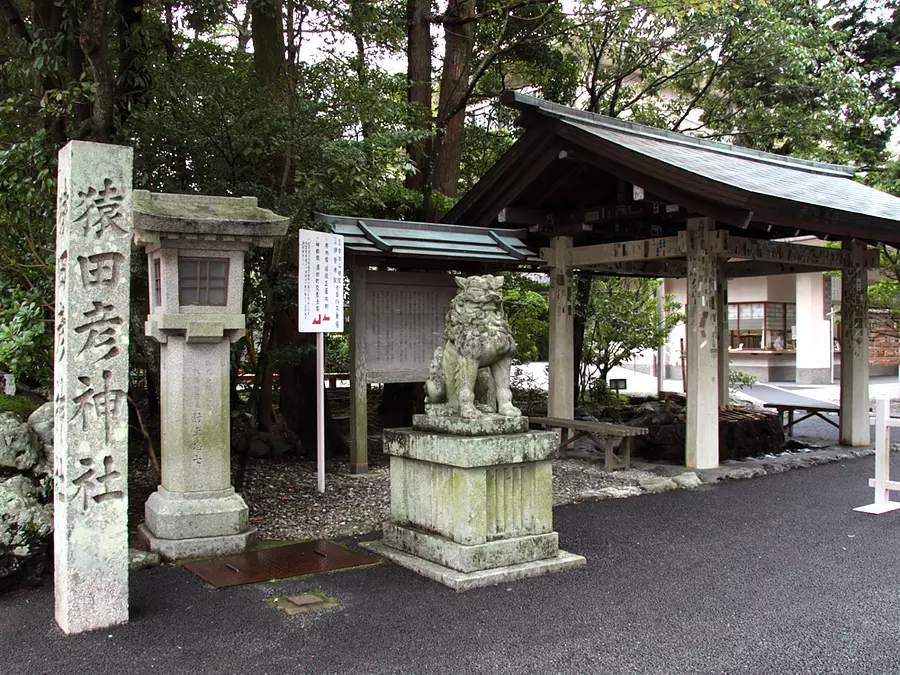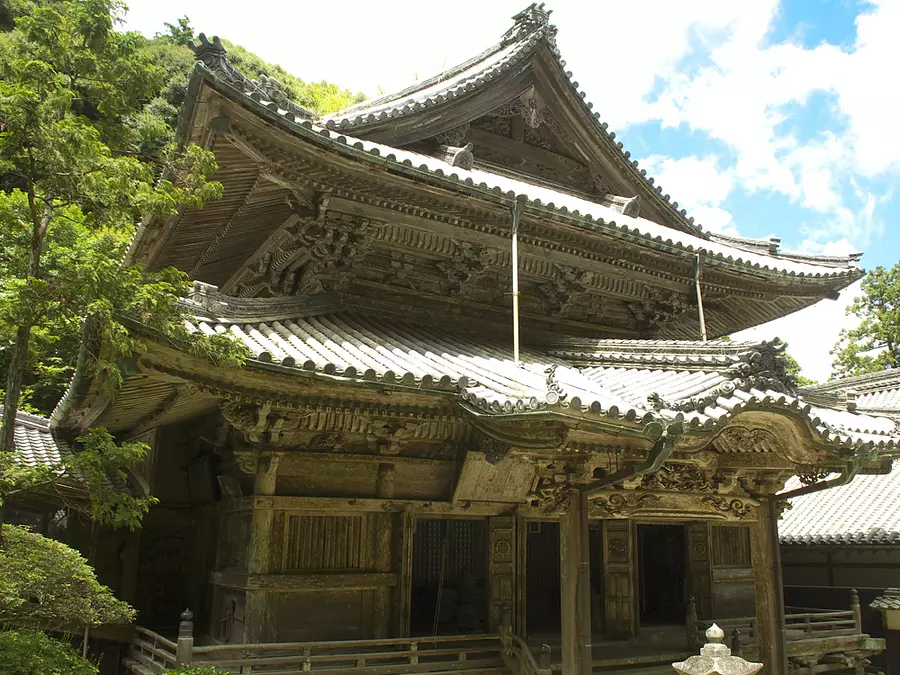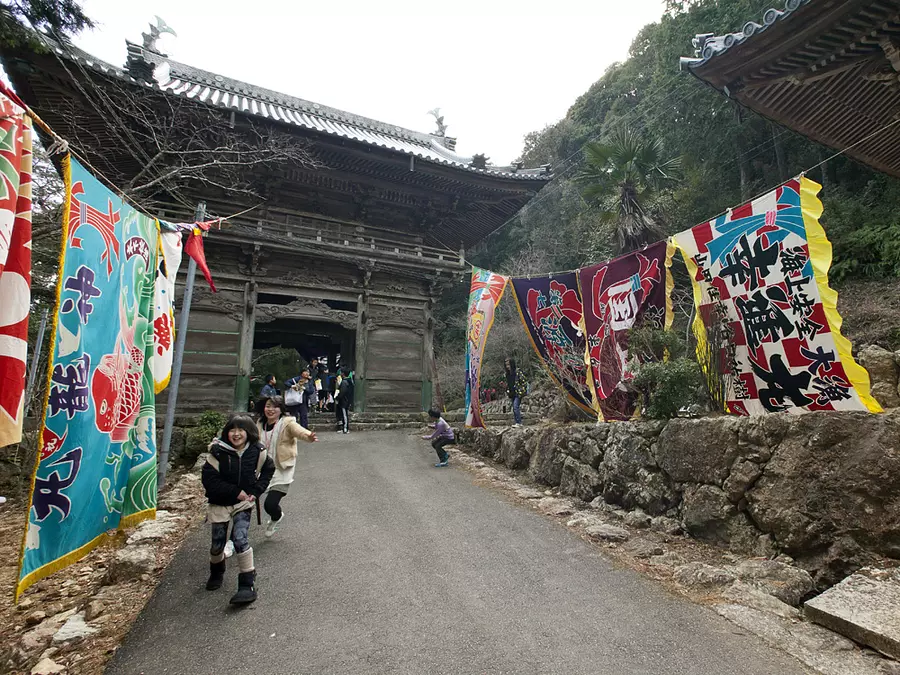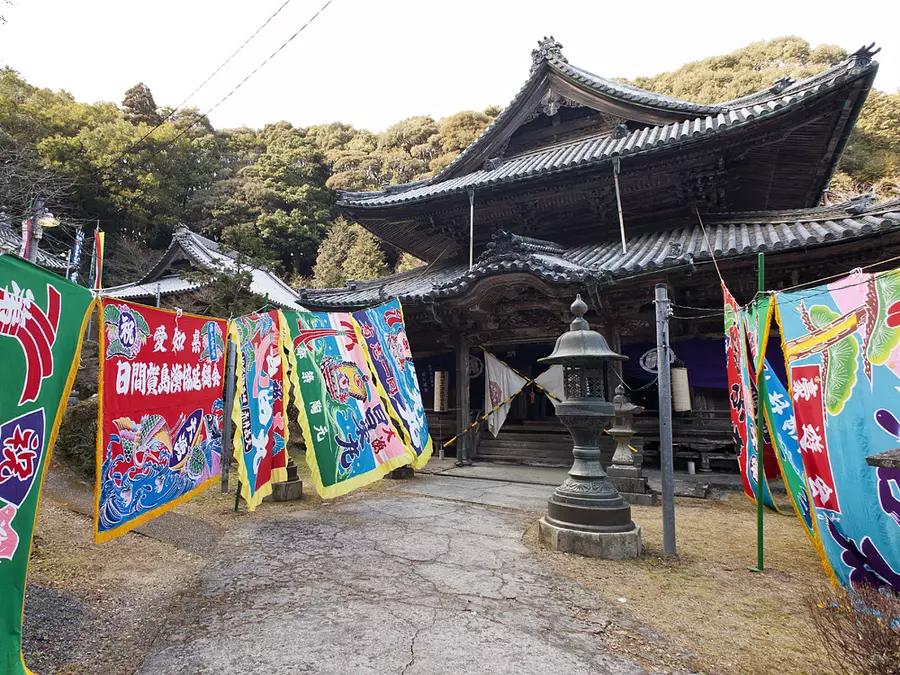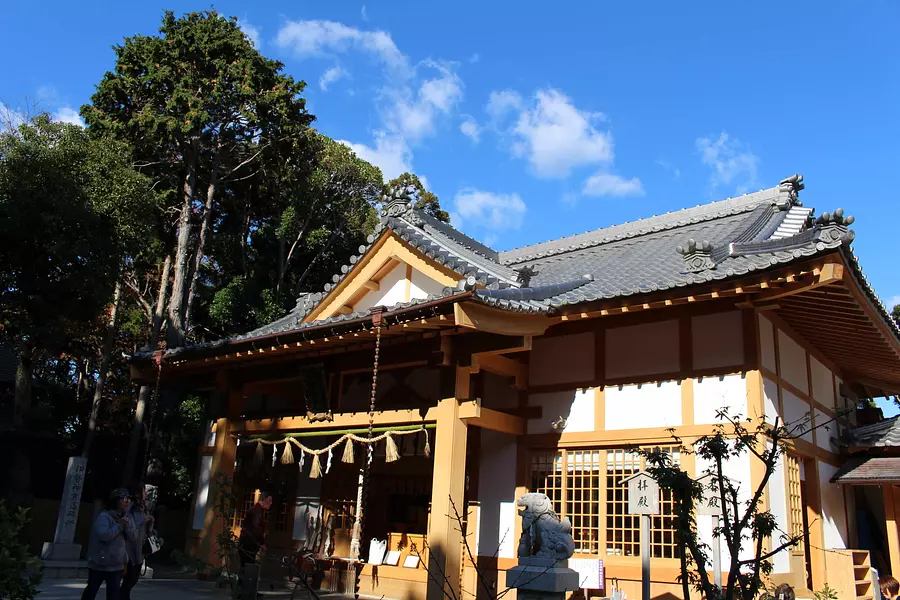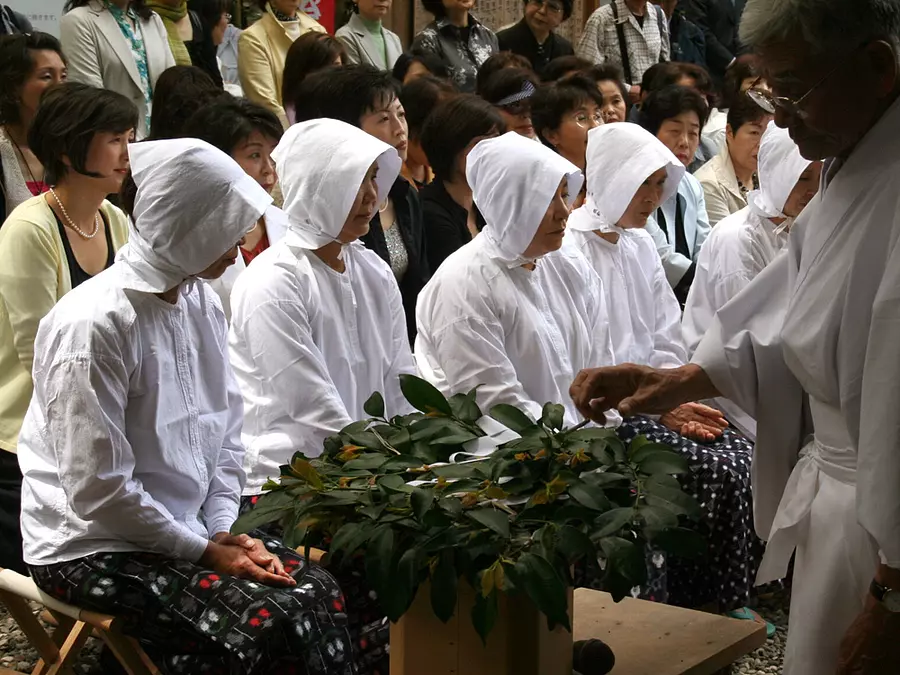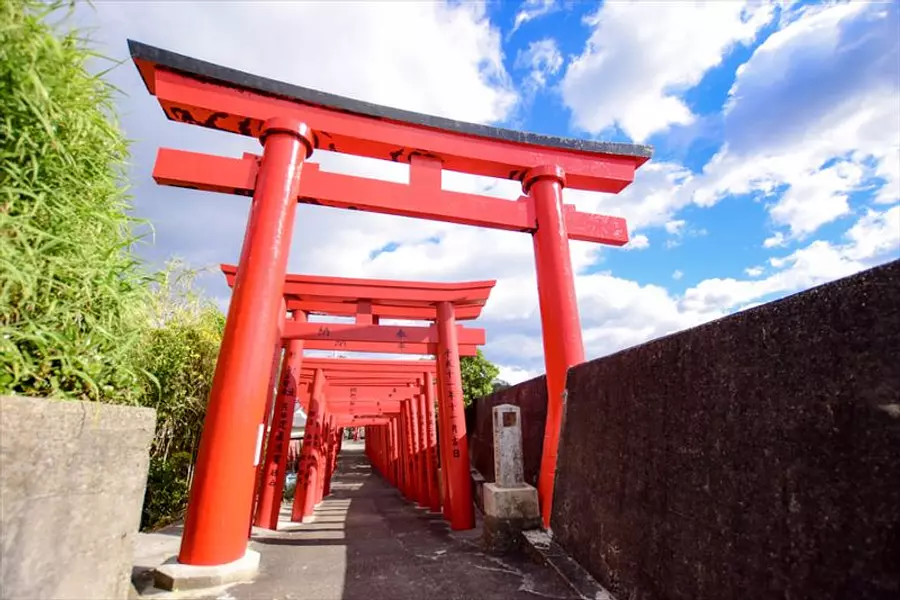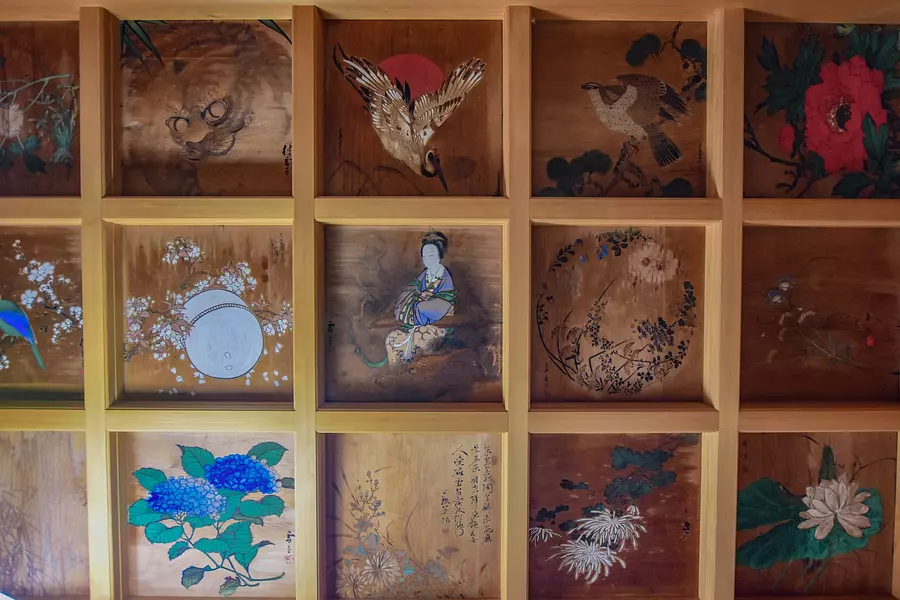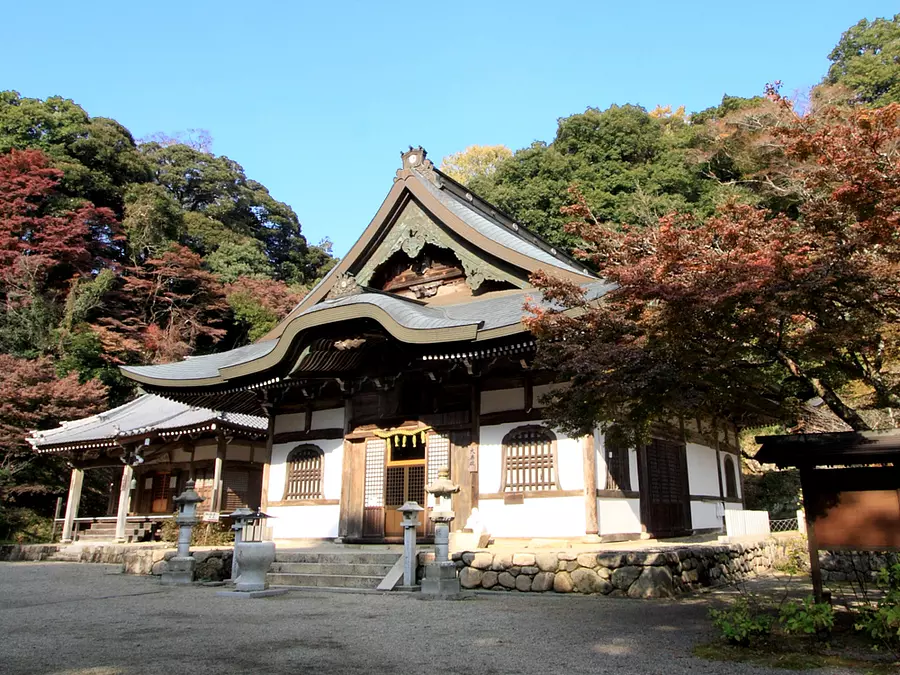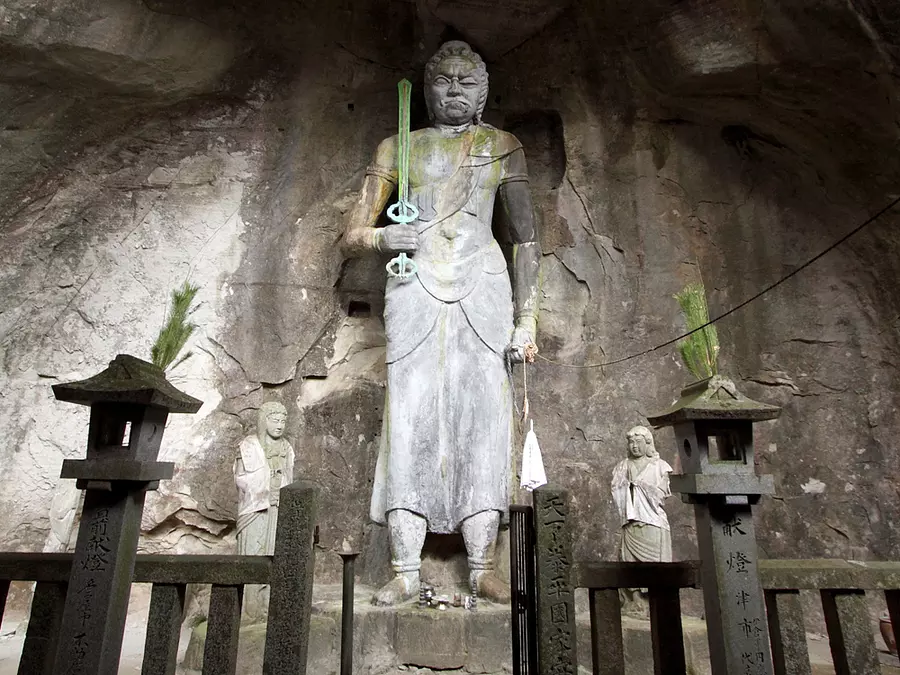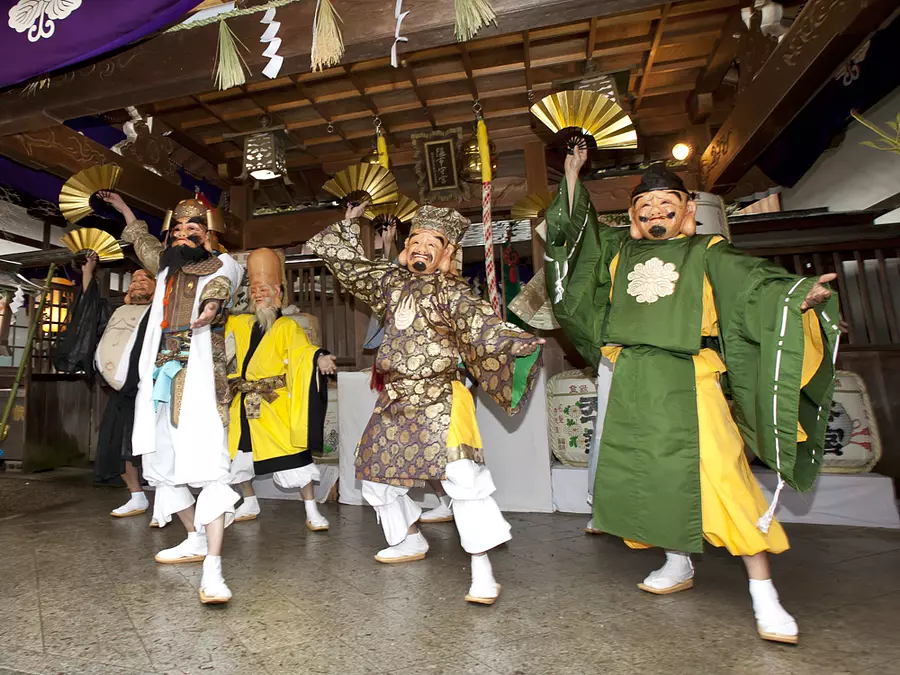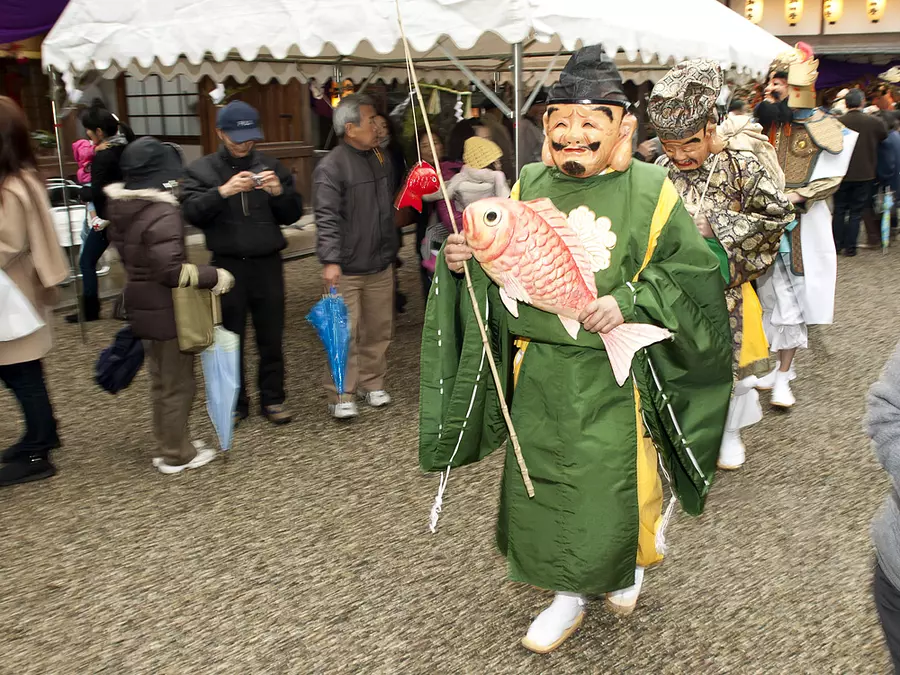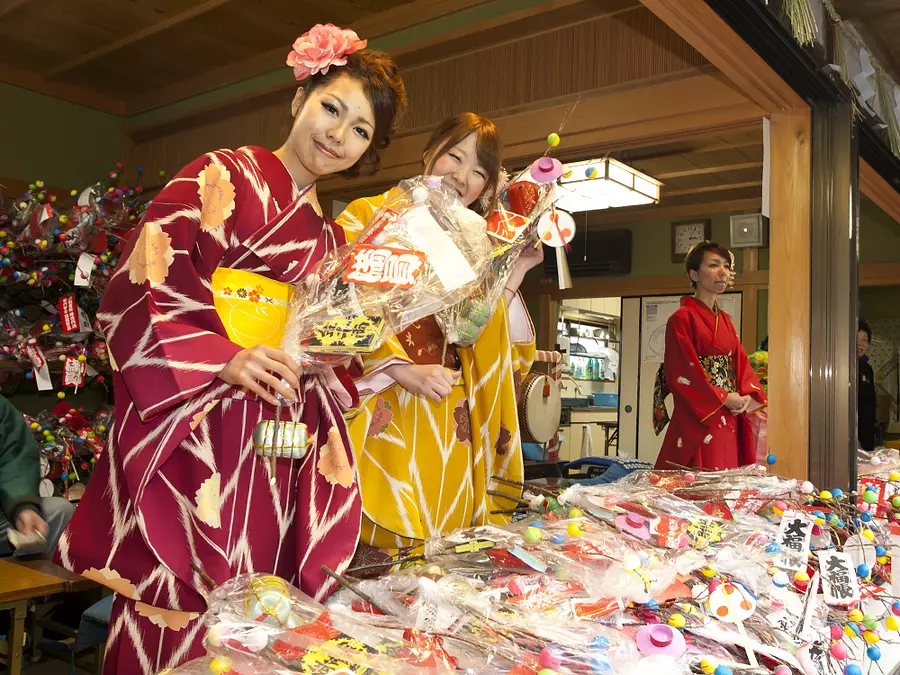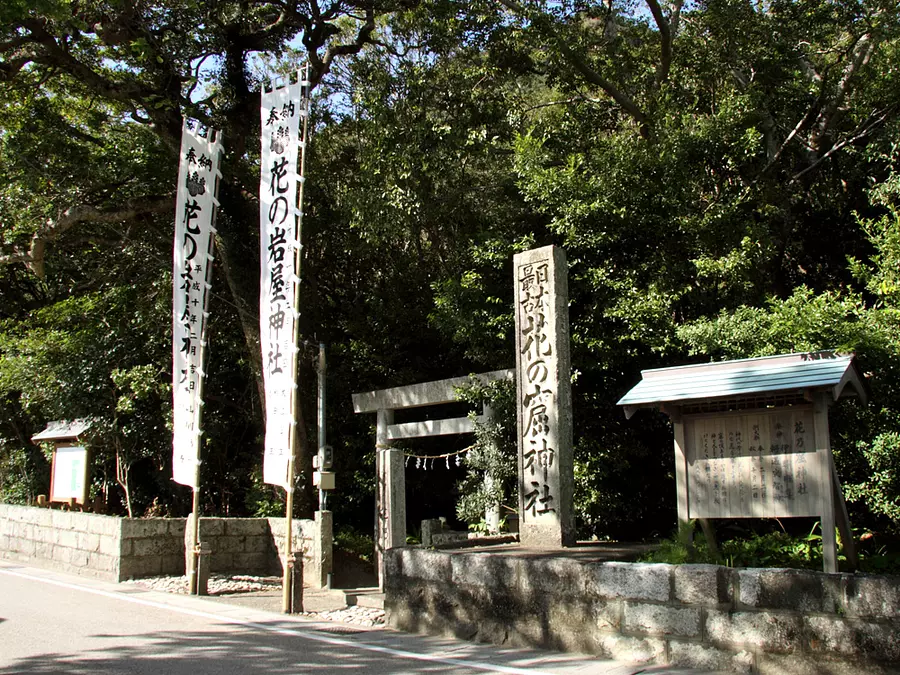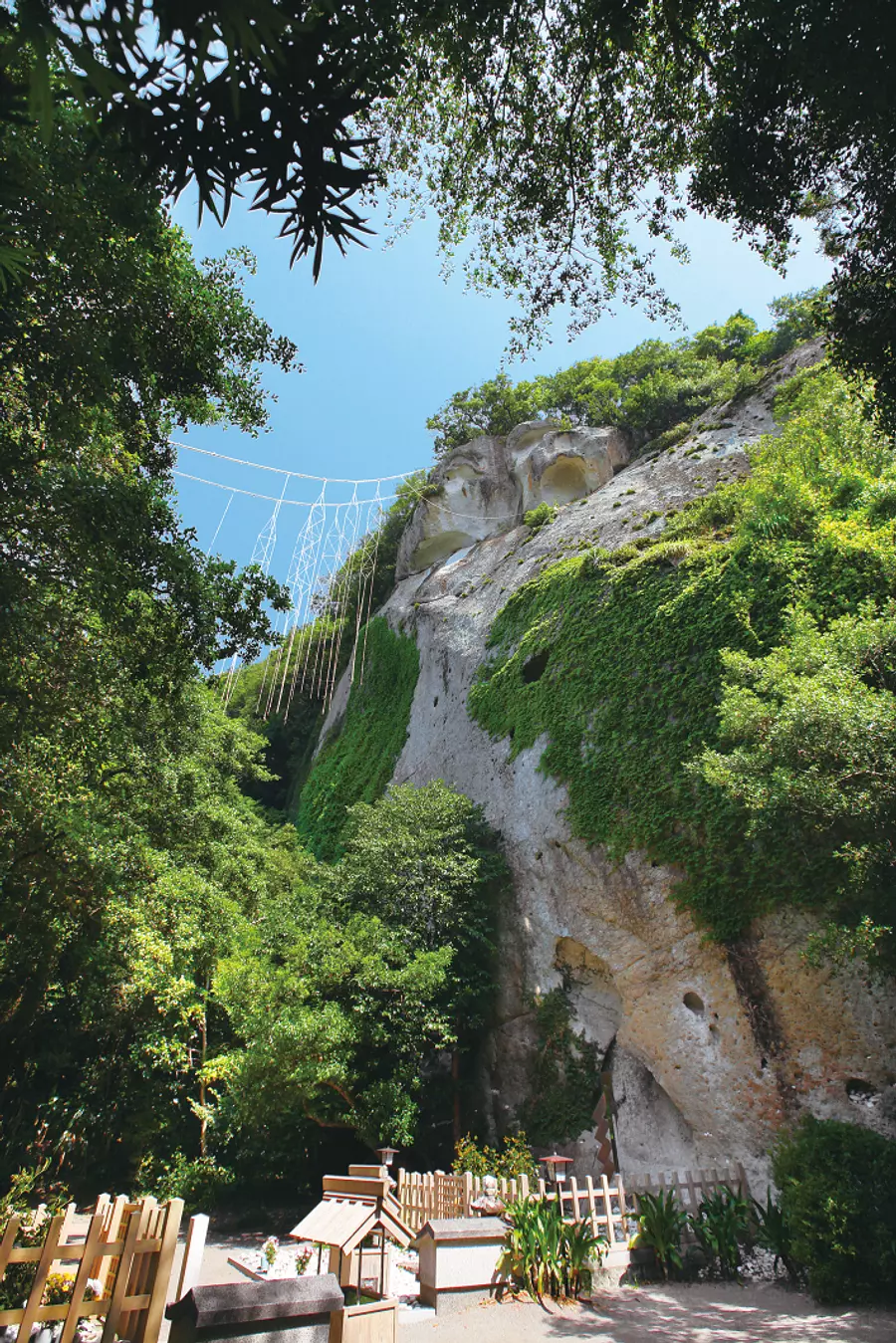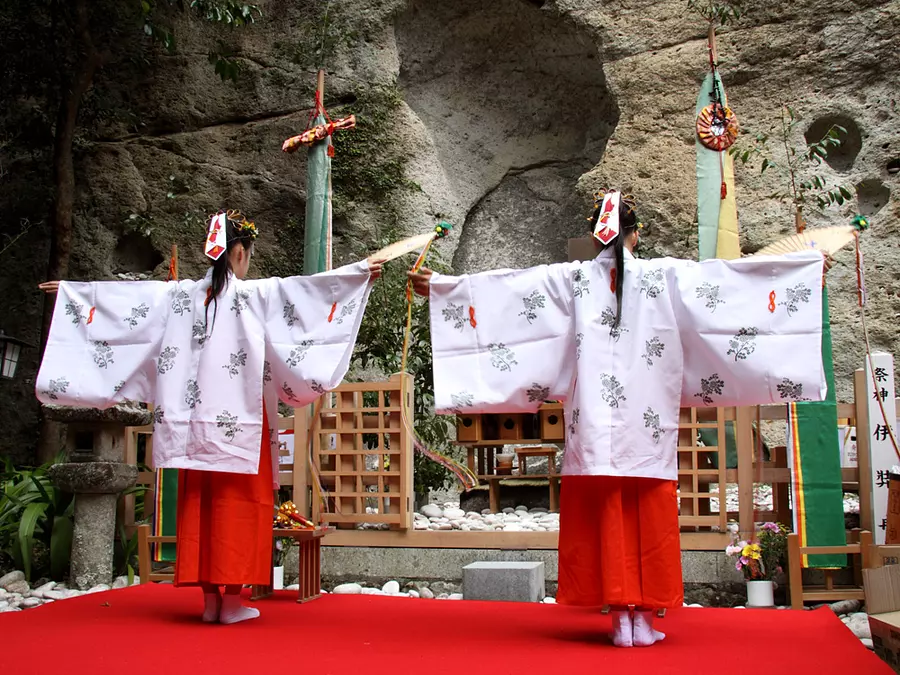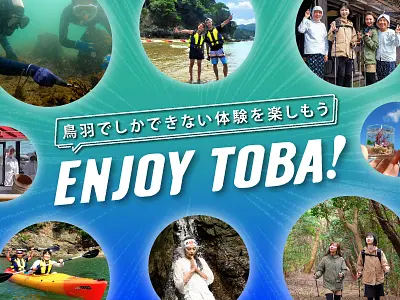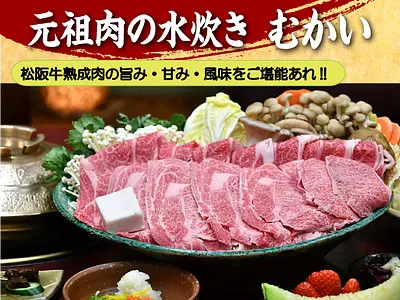Let's visit the shrine on New Year's visit♪ We will introduce 26 shrines and temples in Mie Prefecture!
掲載日:2023.12.06

Where will you go to worship for New Year's visit this year?
There are many shrines and temples in Mie Prefecture where you can pray for various things such as marriage, safe childbirth, traffic safety, passing exams, and prosperous business.
We will introduce a wide range of shrines, including nationally famous shrines such as IseJingu TsubakiGrandShrine, Futamiokitama-JinjaShirine, as well as SENJUJIHeadTempleoftheShinshuTakadaSchool, which has become a national treasure, and temples that are loved by locals.
On New Year's Eve, I go to express my gratitude for this year, and on New Year's Day, I go to visit the shrine with my family.
It is also located close to Nagoya and Osaka, so please go to Mie Prefecture for New Year's visit along with sightseeing!
〇Click here for the Goshuin special feature
Are there 7 stamps in total at IseJingu? We will explain when and where you can get it.
Goshuin tour in Mie Prefecture. Introducing shrines and temples where you can receive popular and wonderful goshuin stamps!
〇Click here for IseJingu amulets
Where can I get an amulet from IseJingu? what kind do you have? I will explain thoroughly.
〇Click here for IseJingu parking information
Where is the parking lot at IseJingu? What is the parking fee? We will explain any questions you may have about access etc.
index
IseJingu (Naiku / Geku) (IseCity)
Japanese people's "hometown of the heart"
IseJingu Shrine is made up of 125 shrines centered around two main shrines: Naiku, which enshrines Amaterasu-Omikami, who is compared to the sun, and Geku shrine, which enshrines Toyouke-no-Omikami, who protects food, clothing, shelter, and industry.
When you enter the sacred area, where activities have continued since the mythical era when Amaterasu-Omikami was enshrined, your body and mind will be strengthened and you will feel purified.
Related information
〇Click here for the special page for visiting Ise Shrine.
First visit to Ise ~ Walking around Ise Shima ~
〇Interview report
Visit IseJingu early in the morning! Naiku filled with gentle light was a place where you could feel the solemn atmosphere...!
Are there 7 stamps in total at IseJingu? We will explain when and where you can get it.
Where can I get an amulet from IseJingu? what kind do you have? I will explain thoroughly.
Where is the parking lot at IseJingu? What is the parking fee? We will explain any questions you may have about access etc.
IseJingu Betsugu Takiharanomiya Takiharamiya] (Degree County TaikiTown)
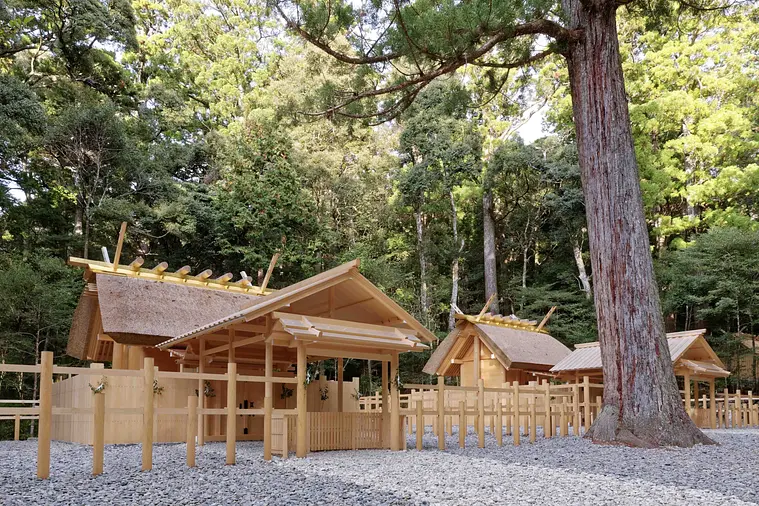
Both Takiharanomiya and Takihara Nami Shrine enshrine the spirit of Amaterasu-Omikami, and have been revered as ``Haruka Shrine'' since ancient times. Takiharanomiya is different from other Betsugu in many ways, such as having two separate annex Betsugu located side by side and also having a Mifune storehouse.
Inside the shrine grounds, the approach path is surrounded by cedar trees that are over several hundred years old, and the Mitaraiba, which utilizes the flow of valley water, is reminiscent of Naiku and transports you back to the days of the gods.
It is common to visit Takiharanomiya and then Takihara Nami Shrine in that order.
Related information
TadoTaishaShrine (KuwanaCity)
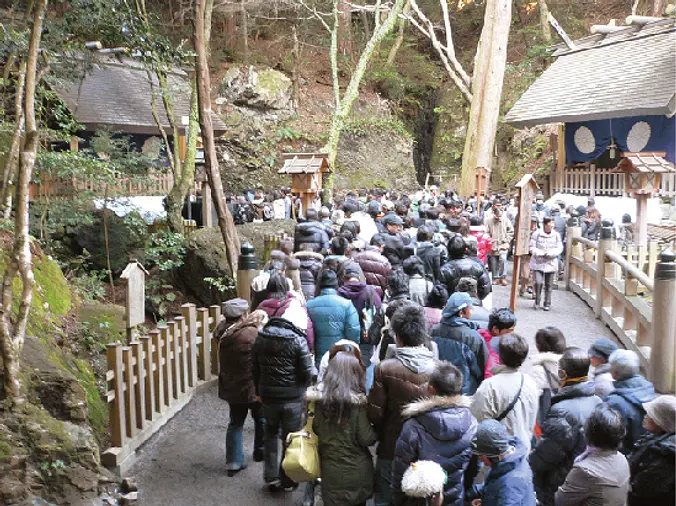
A shrine that is worshiped as the guardian deity of the Kitaise region
It is the guardian deity of the Kita Ise region and is worshiped as the Kita Ise Grand Shrine. It is also famous as a shrine where the legend of Hakuba remains.
Related information
KuwanaSosha (Kasuga Shrine) (KuwanaCity)
A shrine known for the world's strangest festival IshidoriFestival
It consists of both Kuwana Shrine and Nakatomi Shrine, and the large bronze torii gate cast in the Kanbun era remains.
TsubakiGrandShrine [Tsubaki Okami Yashiro] (SuzukaCity)
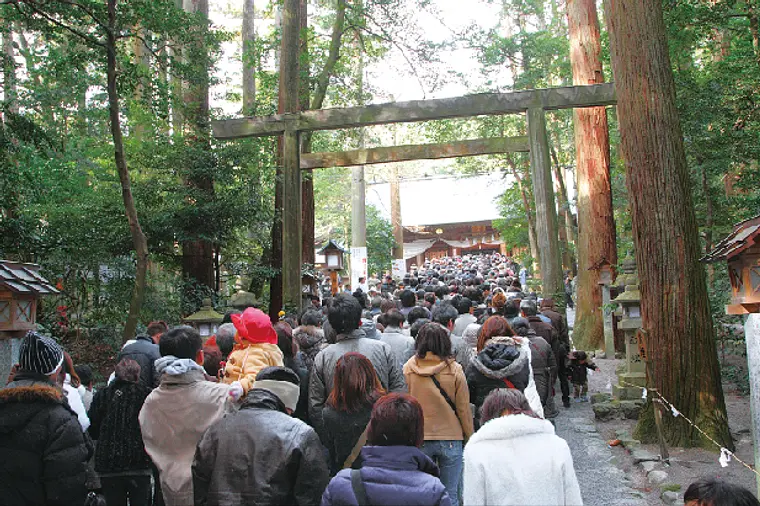
The No. 1 shrine in Ise Province that enshrines the God of Michibiki
It is dedicated to Sarutahiko Okami, the god of guidance. The Saitan Festival will be held from midnight on New Year's Day. New Year's prayers will continue.
Related information
〇Interview report
TsubakiGrandShrine in Suzuka is the main shrine of the shrine that enshrines Sarutahiko Okami⛩️The god of entertainment and management, the dragon god. I'll teach you how to enjoy the Tsubaki Festival!
TsubakiGrandShrine is the main shrine of over 2,000 shrines nationwide that enshrine Sarutahiko no Okami. Introducing the charms of shrines that are visited by worshipers from all over the country.
Takada Honzan Senshuji Temple (TsuCity)
Mie Prefecture's first (building) national treasure!
This huge temple has a precinct of approximately 30,000 tsubo (approximately twice the size of Tokyo Dome) and houses 11 nationally designated important cultural properties in addition to two national treasures.
On the night of New Year's Eve, the New Year's Eve bell will be rung by the Motoyama Escort Association.
From January 9th to January 16th, ``Oshichiya Hoonko'' is held, where Shinran Shonin's Hoonko is held for seven days and nights, and many stalls are lined up in front of the gate and it is crowded.
Related information
〇Interview report
・ SENJUJIHeadTempleoftheShinshuTakadaSchool has become a national treasure! This is the first building in Mie Prefecture. Introducing plenty of charm, including stamps and access information
・ SENJUJIHeadTempleoftheShinshuTakadaSchool New Treasure Museum “Tokoden” is now open! There is also an impressive VR theater projected in 360 degrees!
Yuki Shrine (TsuCity)
Crowded with many visitors as a famous spot for plum blossoms
It is dedicated to Munehiro Yuki, a military commander during the Nanbokucho period. It is famous as a famous spot for plum blossoms, and a plum festival is held every year from mid-February to the end of March. Approximately 300 weeping plums, white plums, and 80 red plums are in full bloom.
Related information
Tsukannonji Temple (TsuCity)
One of Japan's three Kannon temples, along with Asakusa in Tokyo and Osu in Nagoya.
One of Japan's three Kannon. On New Year's Eve, there will be illuminations and sweet sake served, and the first 107 members of the general public will be able to ring the New Year's Eve bell.
Related information
Senjuin Kenmyoji (TsuCity)
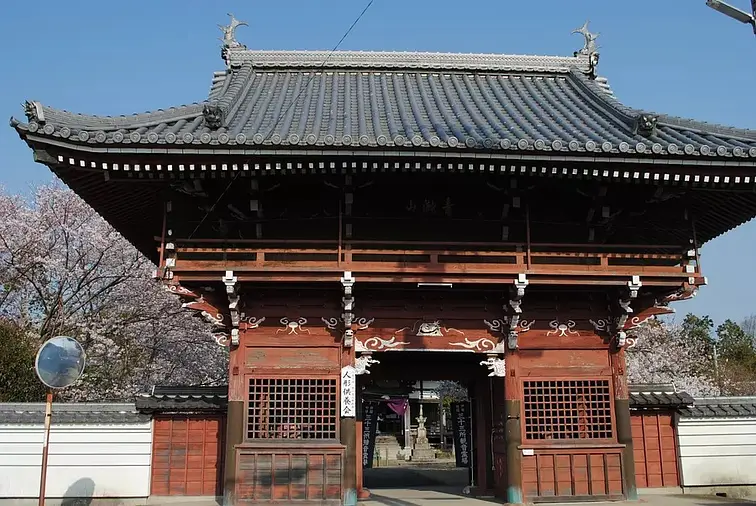
Gaining faith as a “temple of fertility and marriage”
From New Year's Eve on New Year's Eve to New Year's Day, people celebrate by lighting bonfires, ringing New Year's bells, and serving sweet sake.
Tatsumizu Shrine (TsuCity)
In 2024, the jumbo zodiac sign of the dragon will be displayed.
Let's pray for health and happiness in the new year and pass through the hidden gate guarded by jumbo zodiac signs.
Related information
yagami (TsuCity)
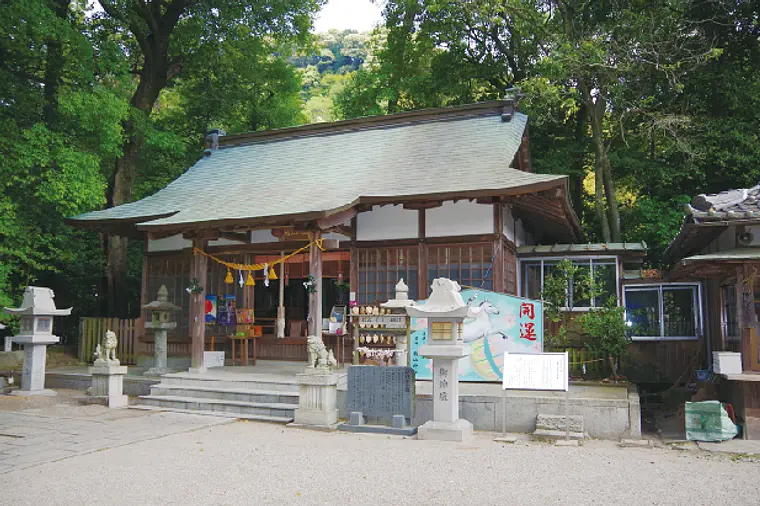
A shrine in the forest dedicated to the god of hot springs
The main deity is Onamuchi no Mikoto, also known as Onsen oaki. It is also popular as a power spot for love, and it is said that if you stroke the gavel held by Daikoku-sama, who is enshrined at yagami, you will be blessed with good luck.
Related information
Every time we spin a story: Is yagami a power spot for love?
Tokozan Jinguji Temple (MatsusakaCity)
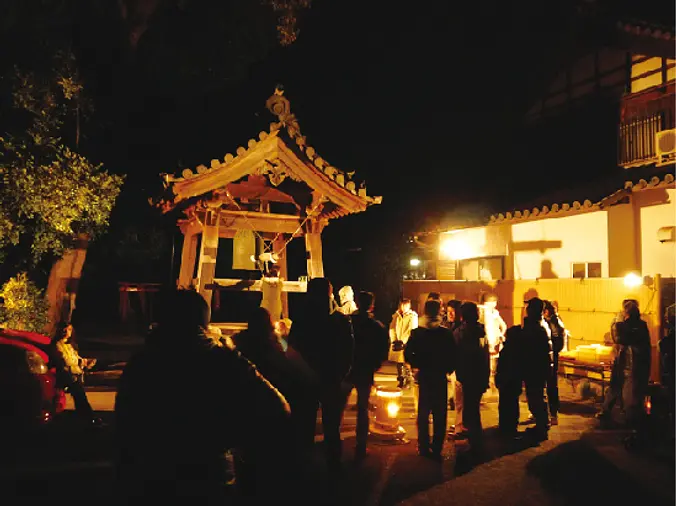
Worshipers ring the New Year's Eve bell to mark the end of the new year.
A temple in Ureshinomorihonmachi. It is known for its blurred images and painted ceilings. The main hall has 156 ceiling paintings. On New Year's Eve, you can ring the New Year's Eve bell from 11pm until midnight the next day.
KongoshojiTemple (IseCity)
Okunoin, which protects the demon gate of IseJingu
This ancient temple is also sung in the folk song Ise Ondo as a temple that protects the demon gate of IseJingu. The most convenient way to access by car or bus is via Ise-Shima Skyline.
Related information
Futamiokitama-JinjaShirine (IseCity)
Looking at Meotoiwa(rocksofthemarriedcouple) will bring you luck in marriage.
Facing Meotoiwa(rocksofthemarriedcouple) in front, it is said to bring good luck in matchmaking, marital harmony, and traffic safety. Since ancient times, there has been a custom of performing misogi IseJingu before visiting Ise Grand Shrine, and even today there are many people who keep this practice.
Related information
Sarutahiko-JinjaShrine (IseCity)
The god of “Michihiraki” who opens the direction of the world
Sarutahiko Okami is said to be a landowner god who guided his grandson Ninigi no Mikoto to this country and devoted himself to the development and management of the country, mainly in Ise. Ota-no-Mikoto, a descendant of the great god, dedicated the land upstream of Isuzu when the princess Wahime-no-Mikoto went on a pilgrimage in search of a place to enshrine the shrine, and the Ise Jingu was built there. Our company is a shrine where its direct descendants have enshrined the ancestor god.
Related information
Mt. Aomine Shofukuji [Aominesan Shofukuji] (TobaCity)
An ancient temple of the Shingon sect with many halls scattered deep in Mt. Aomine. It is known as a place of prayer for maritime security. The principal image of worship is the golden Eleven-faced Kannon Bodhisattva, who appears in the legend of ``Kannon Riding a Whale.'' A grand festival is held on January 18th according to the lunar calendar, and the area is crowded with many people praying for safety at sea.
Related information
Ishigami-san (Shinmei-JinjaShrine) [Iigami-san, Shinmei-jinja Shrine] (TobaCity)
fulfills women's wishes
This is Shinmei-JinjaShrine, the local guardian deity. Ishigami-san who is said to make every woman's wish come true, is enshrined in the shrine's precincts, and it attracts many female worshipers.
Related information
Katada Inari Shrine (ShimaCity)
Katada Inari Shrine has blessings for maritime safety
Inari Shrine is worshiped as the god of fishing.
It is famous for its 48 lattice-painted ceilings painted by Nomura Nansai and his disciples.
Related information
Ichibe Shrine (TobaCity)
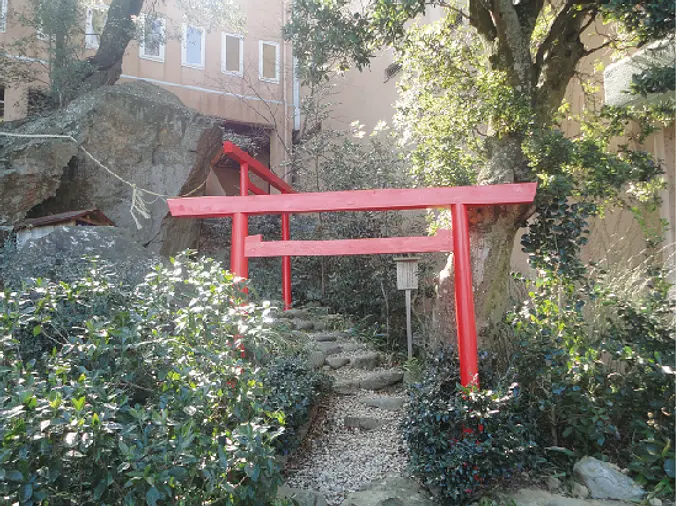
I pray with my whole body for blessings from the “god of competition”
This shrine is located in the courtyard of Hotel Maritime Seafood Garden. Many worshipers embrace the sacred stone, which is the object of worship, and benefit from the blessings with their entire bodies.
Related information
Shindaibutsuji Temple (IgaCity)
A magical power spot in Iga
On New Year's Eve, New Year's Eve Bell is ringed, and from New Year's Day, Gomaku is held to mark the first prayers of the new year. On February 3rd, the Setsubun-kai Star Festival prayers and bean-throwing will be held. You can receive wisdom and compassion related to the Great Buddha of Todaiji Temple.
Related information
Sugawara Shrine (Ueno Tenjingu) (IgaCity)
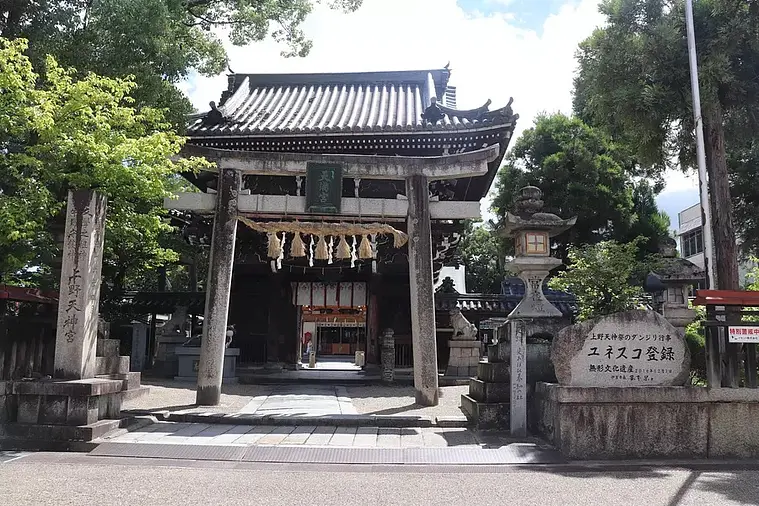
The main deity is Michizane Sugawara, who is blessed with academic success.
It is affectionately known as "Tenjin-san". MatsuoBasho, a haiku poet from Iga Ueno, dedicated his maiden haiku collection ``Kai Ohoi.'' It is said to bring blessings for academic success, and sacred sake is served on New Year's Eve.
Related information
Interview report: [2023] Coloring up the autumn of IgaCity! What is “Ueno Tenjin Festival”? We will thoroughly explain the highlights, history, cruise route, information on food stalls, etc.!
Interview report: Majestic! Scary! Gorgeous! It's like a live show and you can't stop feeling the excitement!
Omura Shrine (IgaCity)
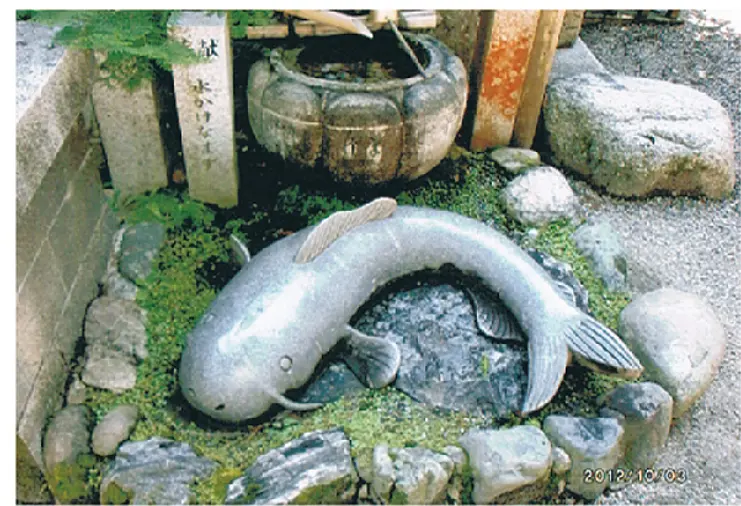
Gathers worshipers as the "god of earthquakes"
This old shrine is home to the ``Keystone,'' which suppresses the giant catfish that causes earthquakes, and the ``Mushikui Bell,'' one of Japan's three strange bells. Many people from all over the country come to worship this shrine as a guardian deity against earthquakes.
Ebisu Shrine (NabariCity)
The god of business prosperity, known as “Ebessan”
The deities enshrined at Ebisu Shrine include Hinokaguushi no Mikoto, Izanagi no Mikoto, and Amaterasu Omikami. The main buildings are the shrine, Shinrakuden, Sanrosha, and shrine office. Fondly known as "Ebessan" by the local people, he is the god of business prosperity.
Every year on February 8th, there is a festival called ``Yokai Ebisu'' where clams are sold at various outdoor stalls, and it is also famous as ``Clam Market.''
Hananoiwaya-jinjaShrine (KumanoCity)
Japan's oldest shrine, mentioned in the Nihon Shoki
The 45m high rock is considered to be the object of worship, and is said to be the place where Izanami no Mikoto was buried. Among the sacred places of resurrection in Kumano, this Hana-no-Iwaya is particularly believed to be a place that touches the land of hell, and is also famous as a power spot.
Related information
Tonomiya Shiho Shrine [Kobe no Miyayo Mojinja] (Taiki Town, TaikiTown)
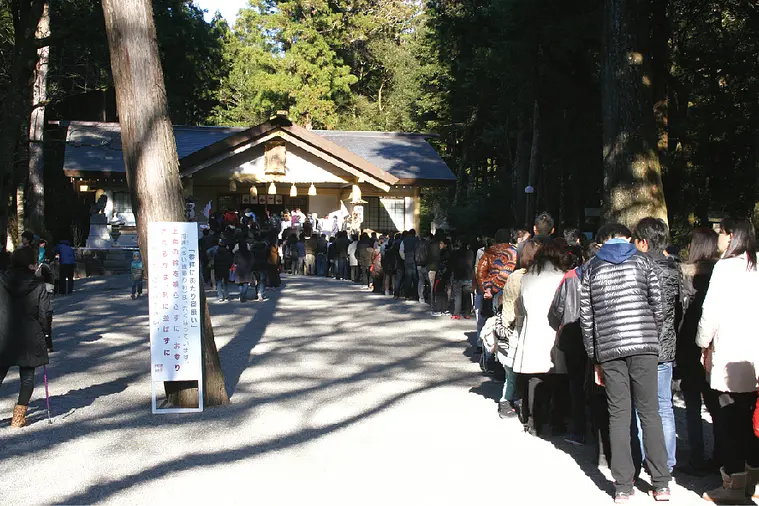
The only “Atama no Miya” located in Okuise
It is the only shrine in Japan with the name ``Atama no Miya'' and is visited by many worshipers from all over the country. In particular, it is believed to have benefits related to the brain, such as entrance exams, schoolwork, work, business, and head-related injuries and illnesses.
Related information
konochi Shrine (Koyasu Shrine) [Kouuchi Jinja] (Kiho Town, KihoTown)
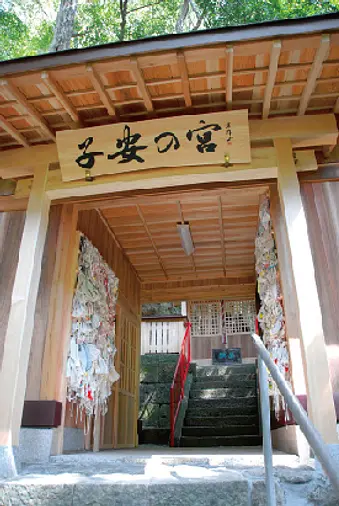
A shrine for safe childbirth that retains Kumano's natural beliefs
A shrine whose object of worship is a rock cave. Also known as ``Koyasu no Miya'', it is worshiped by people who wish for safe childbirth and healthy growth of their children. There are many bibs hung there dedicated by people who have successfully given birth.
| Category | |
|---|---|
| season | |
| area |

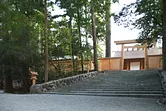


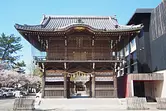
![TsubakiGrandShrine [Tsubaki Okami Yashiro]](https://www.kankomie.or.jp/rails/active_storage/representations/proxy/eyJfcmFpbHMiOnsibWVzc2FnZSI6IkJBaHBBamJRIiwiZXhwIjpudWxsLCJwdXIiOiJibG9iX2lkIn19--866ab27f34a754052891382425fe1bd1a40a12df/eyJfcmFpbHMiOnsibWVzc2FnZSI6IkJBaDdCem9MWm05eWJXRjBPZ2wzWldKd09oSnlaWE5wZW1WZmRHOWZabWwwV3dkcEFhWXciLCJleHAiOm51bGwsInB1ciI6InZhcmlhdGlvbiJ9fQ==--eb90280ff6a4fc8dcd70892674b7dec5a7ad4845/713_1_org.jpg)
![Takada Honzan Senshuji [Takada Honzan Senjuji]](https://www.kankomie.or.jp/rails/active_storage/representations/proxy/eyJfcmFpbHMiOnsibWVzc2FnZSI6IkJBaHBBanJRIiwiZXhwIjpudWxsLCJwdXIiOiJibG9iX2lkIn19--c09071ebf35c3a586ac9b00d38aa9579bba3fdbb/eyJfcmFpbHMiOnsibWVzc2FnZSI6IkJBaDdCem9MWm05eWJXRjBPZ2wzWldKd09oSnlaWE5wZW1WZmRHOWZabWwwV3dkcEFhWXciLCJleHAiOm51bGwsInB1ciI6InZhcmlhdGlvbiJ9fQ==--eb90280ff6a4fc8dcd70892674b7dec5a7ad4845/715_1_org.jpg)
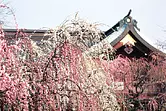
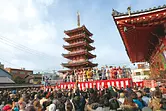

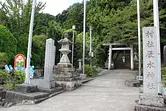
![yagami [Iyama Shrine]](https://www.kankomie.or.jp/rails/active_storage/representations/proxy/eyJfcmFpbHMiOnsibWVzc2FnZSI6IkJBaHBBa1hRIiwiZXhwIjpudWxsLCJwdXIiOiJibG9iX2lkIn19--0ba21a811bec38f0d227ad221dea18cc1aee3755/eyJfcmFpbHMiOnsibWVzc2FnZSI6IkJBaDdCem9MWm05eWJXRjBPZ2wzWldKd09oSnlaWE5wZW1WZmRHOWZabWwwV3dkcEFhWXciLCJleHAiOm51bGwsInB1ciI6InZhcmlhdGlvbiJ9fQ==--eb90280ff6a4fc8dcd70892674b7dec5a7ad4845/717_1_org.jpg)

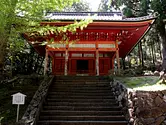
![Futamiokitama-JinjaShirine [Futami Okitama Shrine]](https://www.kankomie.or.jp/rails/active_storage/representations/proxy/eyJfcmFpbHMiOnsibWVzc2FnZSI6IkJBaHBBbEhRIiwiZXhwIjpudWxsLCJwdXIiOiJibG9iX2lkIn19--361d07e82052853210aa54baa82177285bda1e20/eyJfcmFpbHMiOnsibWVzc2FnZSI6IkJBaDdCem9MWm05eWJXRjBPZ2wzWldKd09oSnlaWE5wZW1WZmRHOWZabWwwV3dkcEFhWXciLCJleHAiOm51bGwsInB1ciI6InZhcmlhdGlvbiJ9fQ==--eb90280ff6a4fc8dcd70892674b7dec5a7ad4845/724_1_org.jpg)
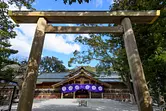
![Mt. Aomine Shofukuji Temple [Aominesan Shofukuji]](https://www.kankomie.or.jp/rails/active_storage/representations/proxy/eyJfcmFpbHMiOnsibWVzc2FnZSI6IkJBaHBBbDNRIiwiZXhwIjpudWxsLCJwdXIiOiJibG9iX2lkIn19--c7053c6d086cf93261d60442cde914d021fc9f7b/eyJfcmFpbHMiOnsibWVzc2FnZSI6IkJBaDdCem9MWm05eWJXRjBPZ2wzWldKd09oSnlaWE5wZW1WZmRHOWZabWwwV3dkcEFhWXciLCJleHAiOm51bGwsInB1ciI6InZhcmlhdGlvbiJ9fQ==--eb90280ff6a4fc8dcd70892674b7dec5a7ad4845/729_1_org.jpg)
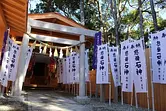
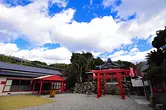
![Ichibe Shrine [Ichibe Shrine]](https://www.kankomie.or.jp/rails/active_storage/representations/proxy/eyJfcmFpbHMiOnsibWVzc2FnZSI6IkJBaHBBbHpRIiwiZXhwIjpudWxsLCJwdXIiOiJibG9iX2lkIn19--847fb4988b26b33de33288dec451d88b9330459b/eyJfcmFpbHMiOnsibWVzc2FnZSI6IkJBaDdCem9MWm05eWJXRjBPZ2wzWldKd09oSnlaWE5wZW1WZmRHOWZabWwwV3dkcEFhWXciLCJleHAiOm51bGwsInB1ciI6InZhcmlhdGlvbiJ9fQ==--eb90280ff6a4fc8dcd70892674b7dec5a7ad4845/728_1_org.jpg)
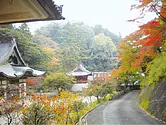

![Omura Shrine [Omura Shrine]](https://www.kankomie.or.jp/rails/active_storage/representations/proxy/eyJfcmFpbHMiOnsibWVzc2FnZSI6IkJBaHBBa3JRIiwiZXhwIjpudWxsLCJwdXIiOiJibG9iX2lkIn19--7322725afca097e8f9c87a6f19b35e04d946b730/eyJfcmFpbHMiOnsibWVzc2FnZSI6IkJBaDdCem9MWm05eWJXRjBPZ2wzWldKd09oSnlaWE5wZW1WZmRHOWZabWwwV3dkcEFhWXciLCJleHAiOm51bGwsInB1ciI6InZhcmlhdGlvbiJ9fQ==--eb90280ff6a4fc8dcd70892674b7dec5a7ad4845/721_1_org.jpg)
![Ebisu Shrine [Ebisu Shrine]](https://www.kankomie.or.jp/rails/active_storage/representations/proxy/eyJfcmFpbHMiOnsibWVzc2FnZSI6IkJBaHBBckhrIiwiZXhwIjpudWxsLCJwdXIiOiJibG9iX2lkIn19--2b2b503b0c4e50f2339e94e8b707763995d98784/eyJfcmFpbHMiOnsibWVzc2FnZSI6IkJBaDdCem9MWm05eWJXRjBPZ2wzWldKd09oSnlaWE5wZW1WZmRHOWZabWwwV3dkcEFhWXciLCJleHAiOm51bGwsInB1ciI6InZhcmlhdGlvbiJ9fQ==--eb90280ff6a4fc8dcd70892674b7dec5a7ad4845/3627_2_org.jpg)
![Hananoiwaya-jinjaShrine [Hana no Iwaya Jinja]](https://www.kankomie.or.jp/rails/active_storage/representations/proxy/eyJfcmFpbHMiOnsibWVzc2FnZSI6IkJBaHBBbVBRIiwiZXhwIjpudWxsLCJwdXIiOiJibG9iX2lkIn19--495d43c9f7470e2262e82adedf072f317c80a6c3/eyJfcmFpbHMiOnsibWVzc2FnZSI6IkJBaDdCem9MWm05eWJXRjBPZ2wzWldKd09oSnlaWE5wZW1WZmRHOWZabWwwV3dkcEFhWXciLCJleHAiOm51bGwsInB1ciI6InZhcmlhdGlvbiJ9fQ==--eb90280ff6a4fc8dcd70892674b7dec5a7ad4845/731_2_org.jpg)

![konochi Shrine (Koyasu Shrine) [Kouuchi Jinja]](https://www.kankomie.or.jp/rails/active_storage/representations/proxy/eyJfcmFpbHMiOnsibWVzc2FnZSI6IkJBaHBBbVhRIiwiZXhwIjpudWxsLCJwdXIiOiJibG9iX2lkIn19--c32ee2f6667f4f3be6d351badf77cfb67dcc20e3/eyJfcmFpbHMiOnsibWVzc2FnZSI6IkJBaDdCem9MWm05eWJXRjBPZ2wzWldKd09oSnlaWE5wZW1WZmRHOWZabWwwV3dkcEFhWXciLCJleHAiOm51bGwsInB1ciI6InZhcmlhdGlvbiJ9fQ==--eb90280ff6a4fc8dcd70892674b7dec5a7ad4845/732_1_org.jpg)

